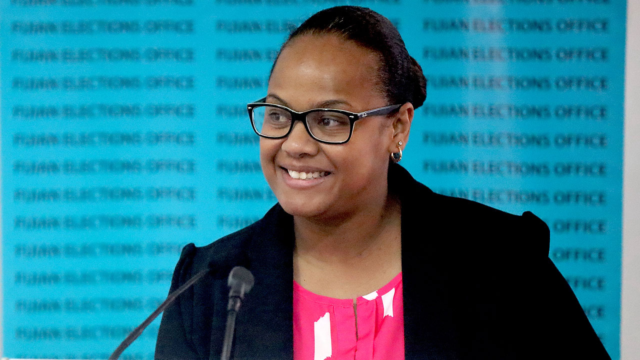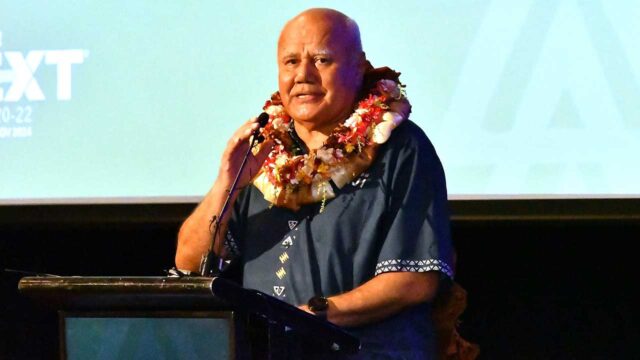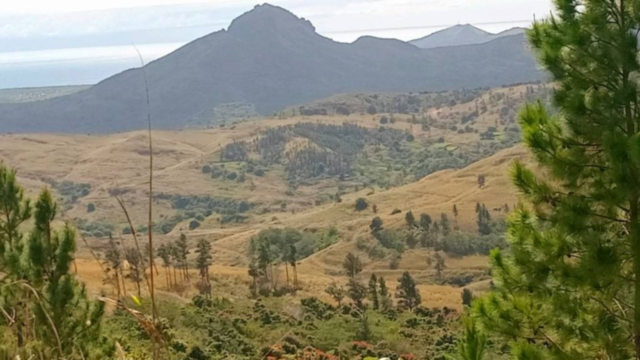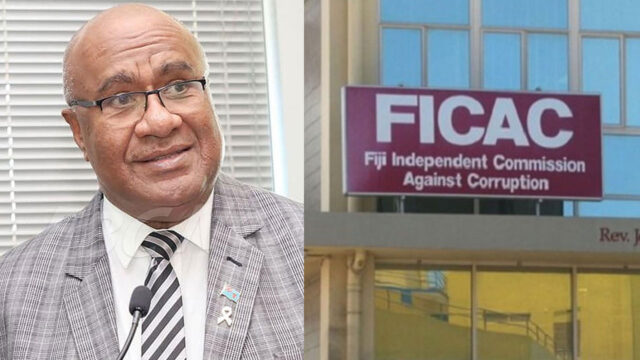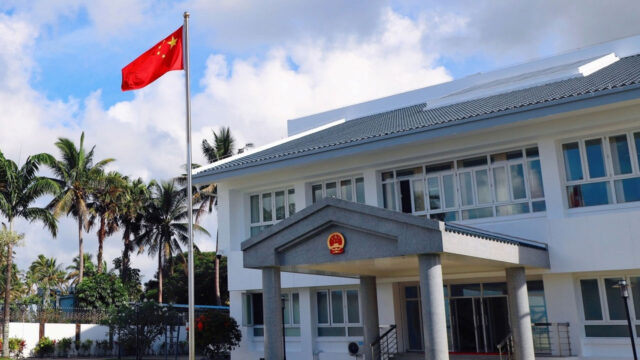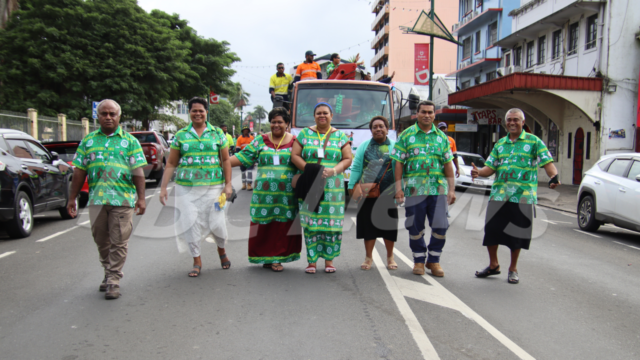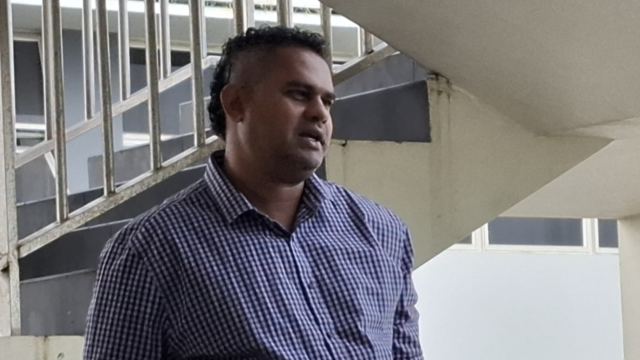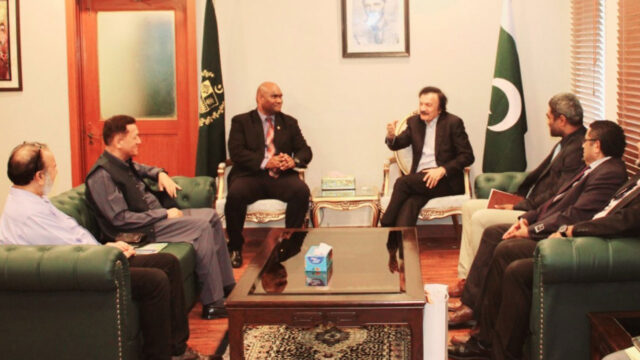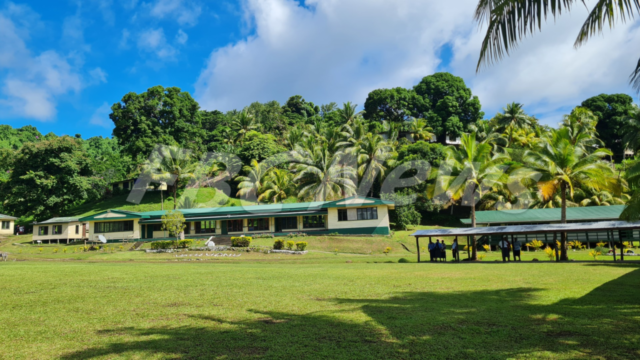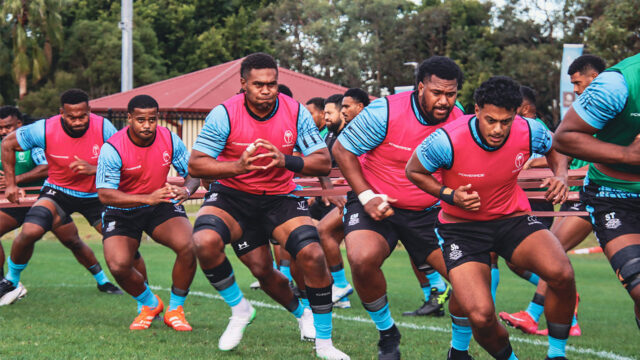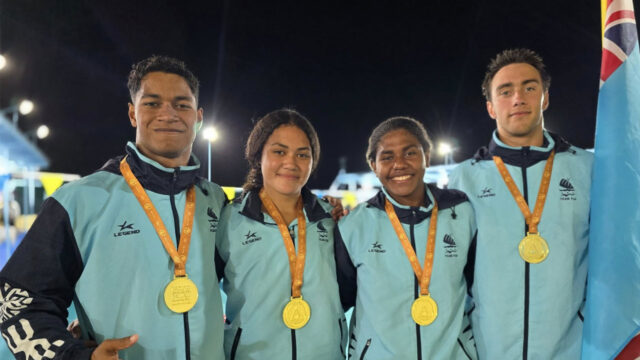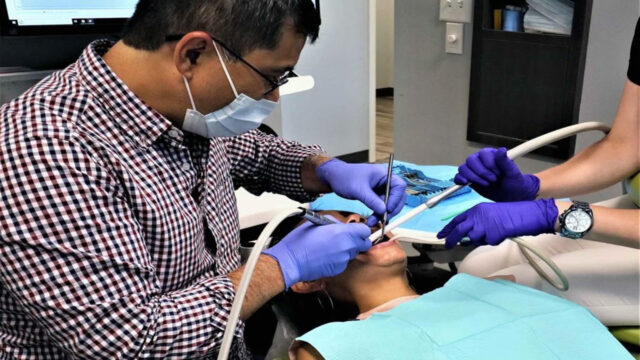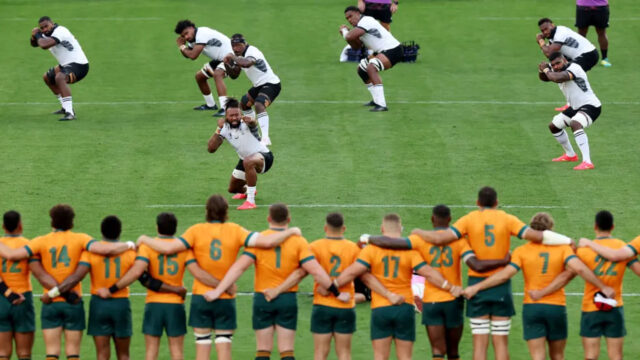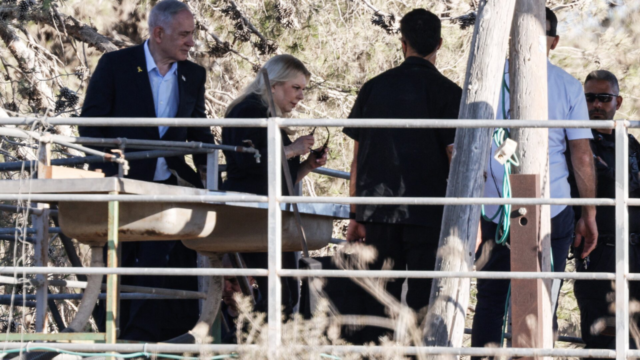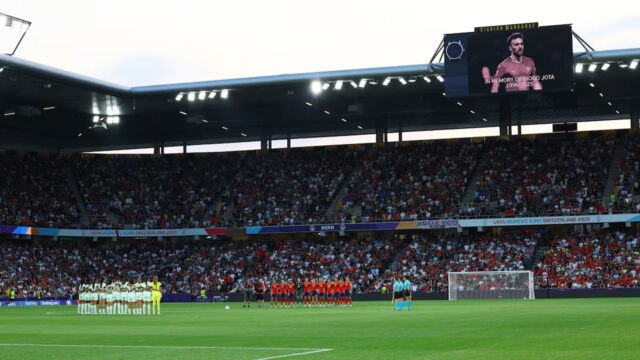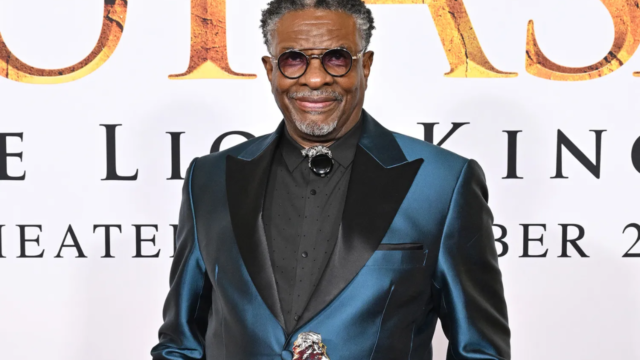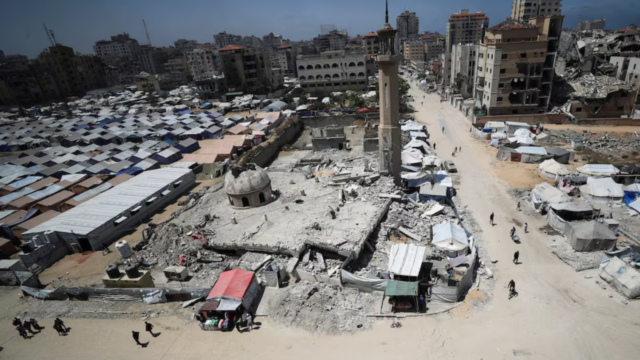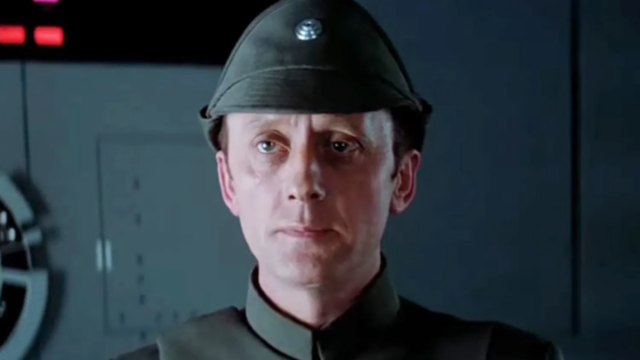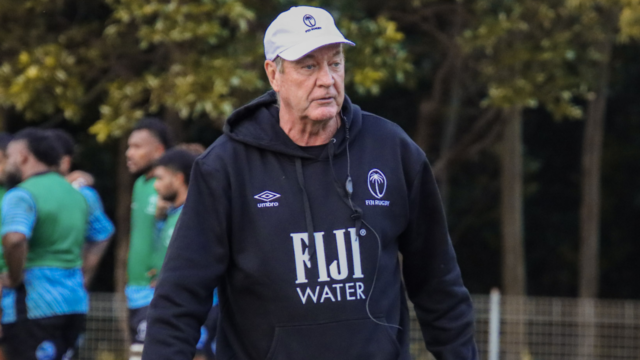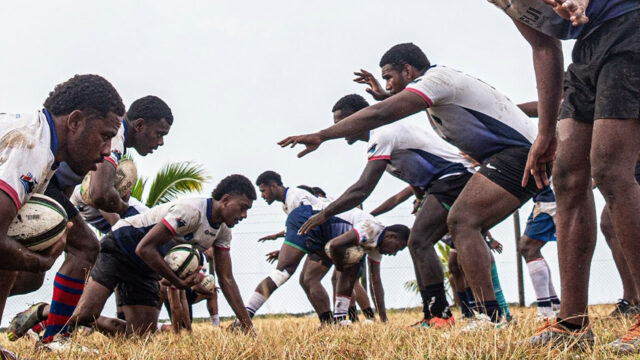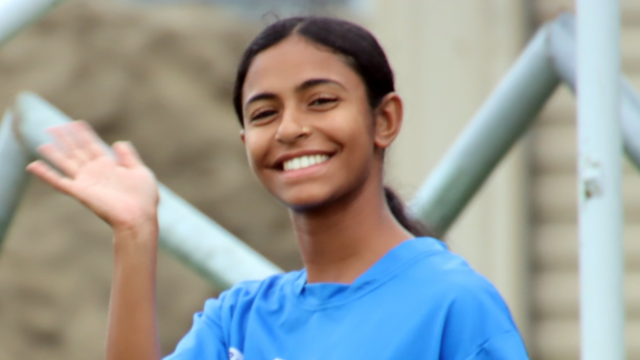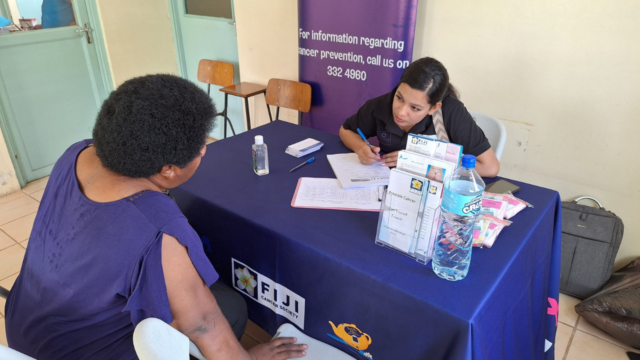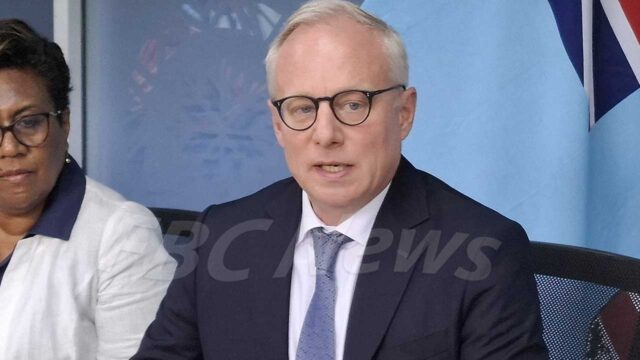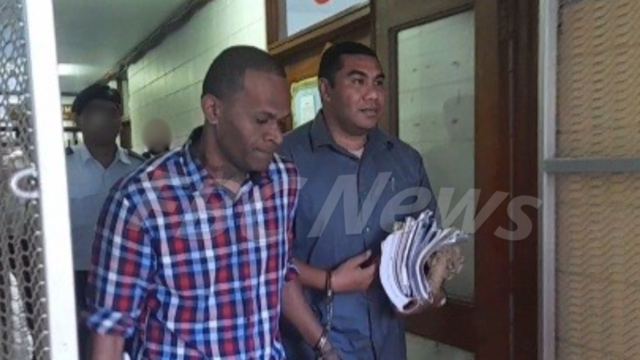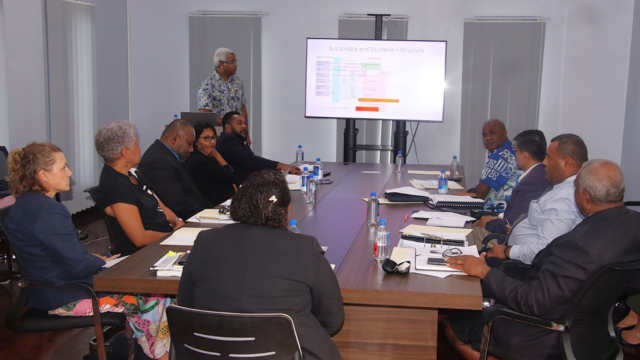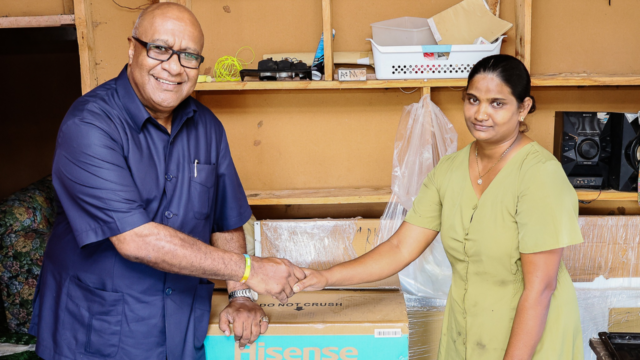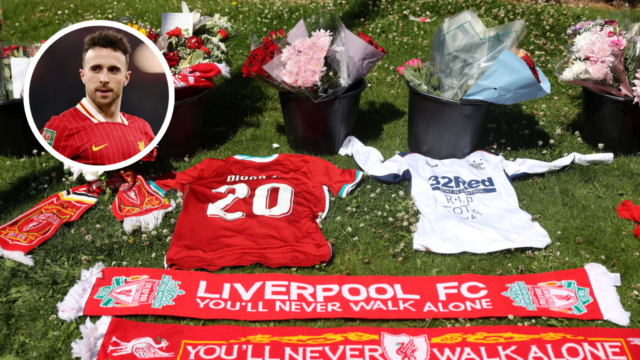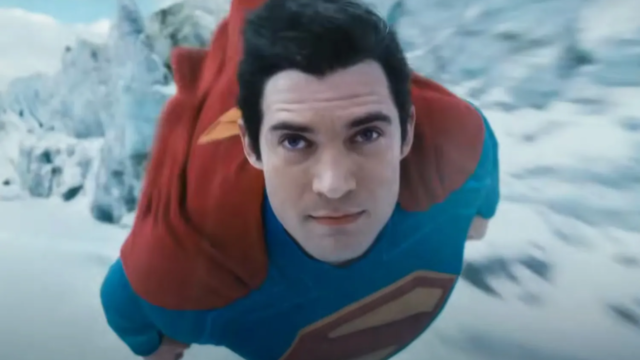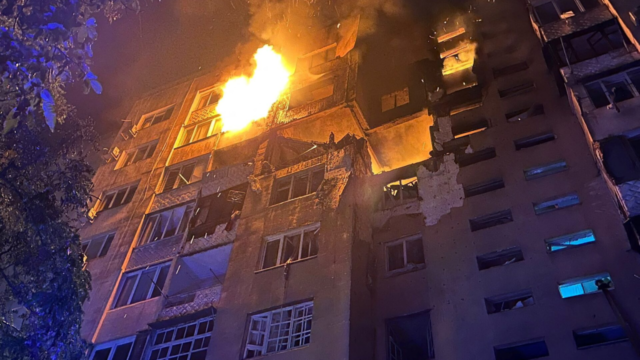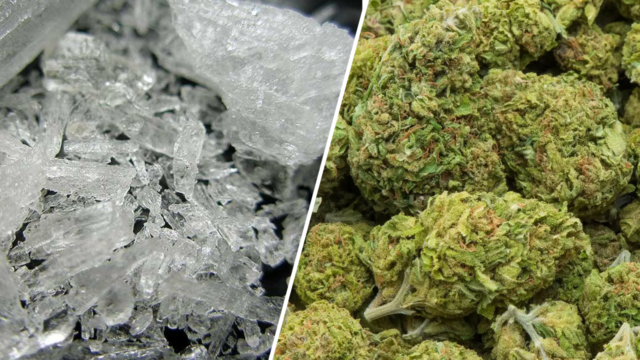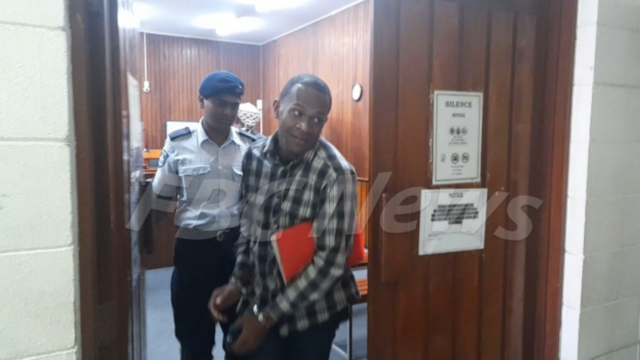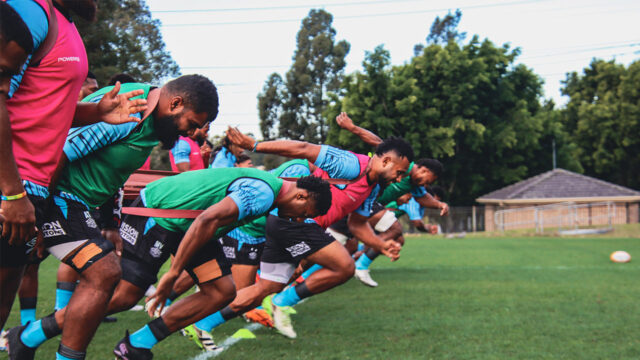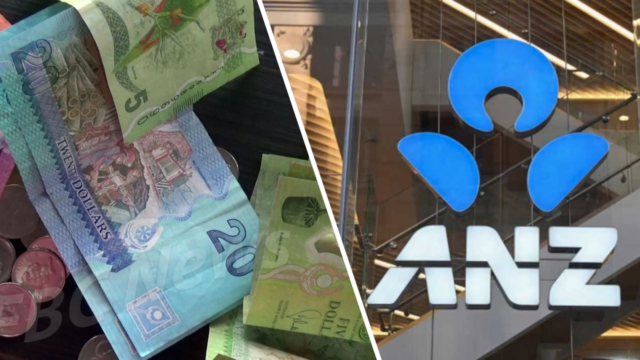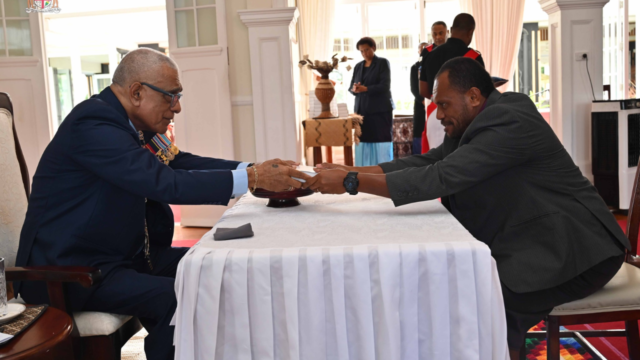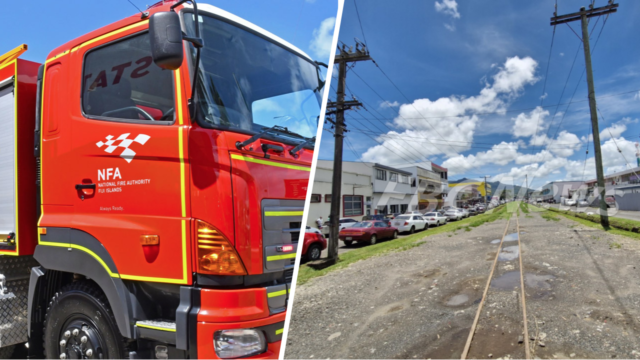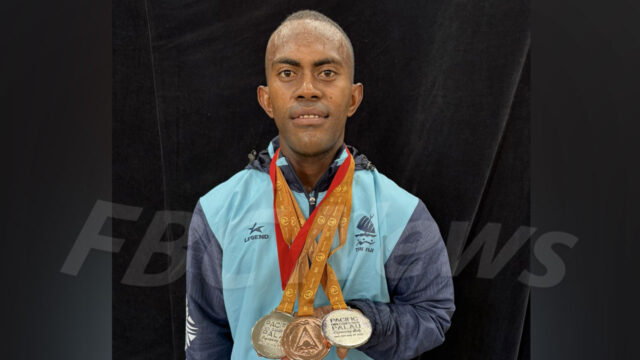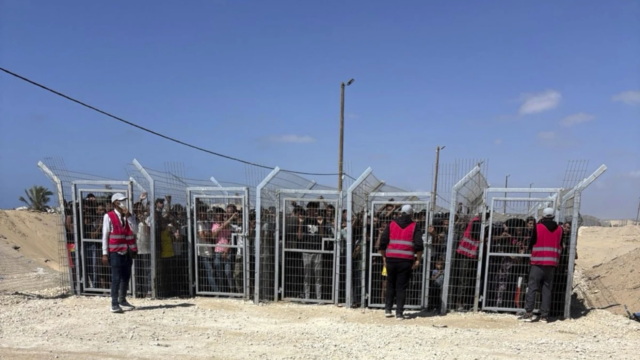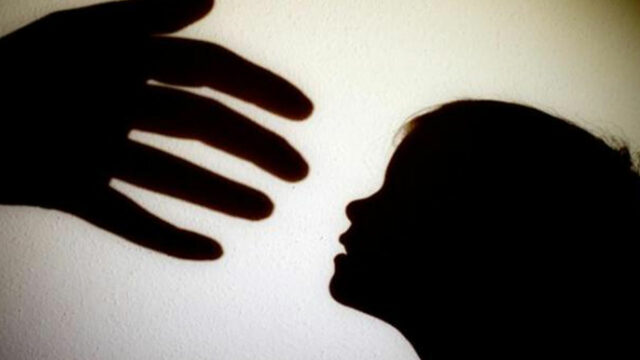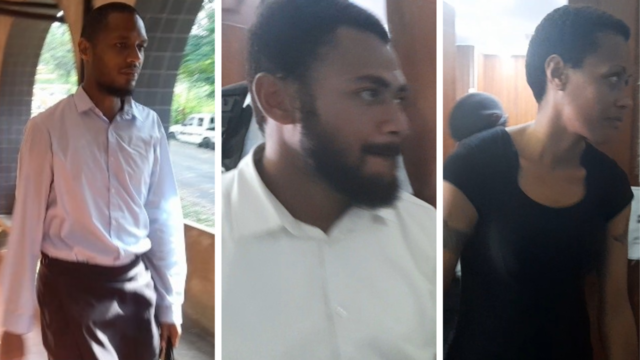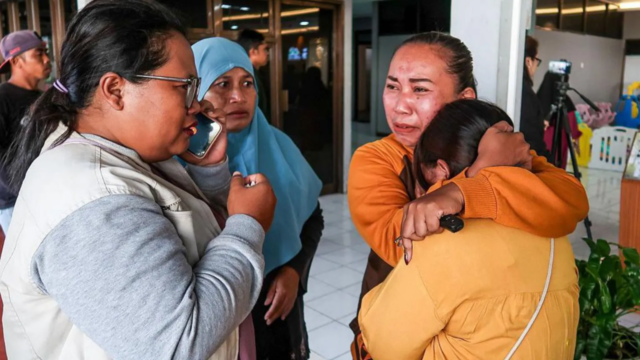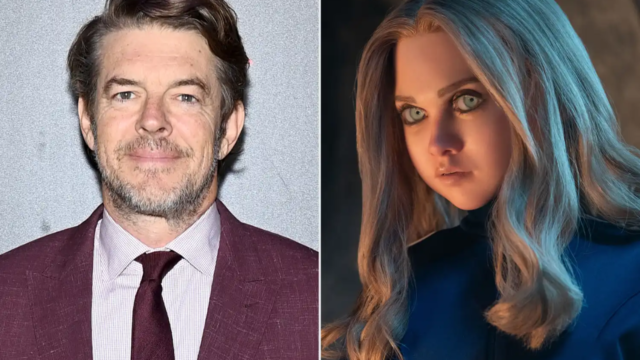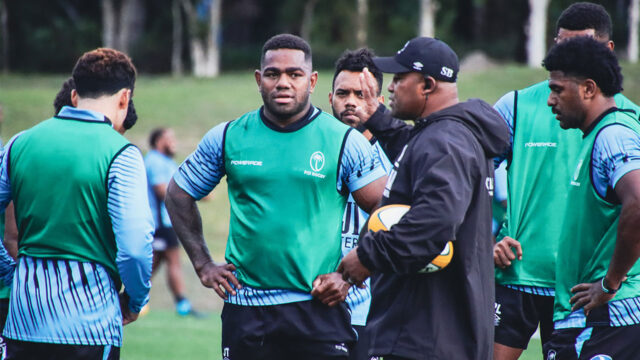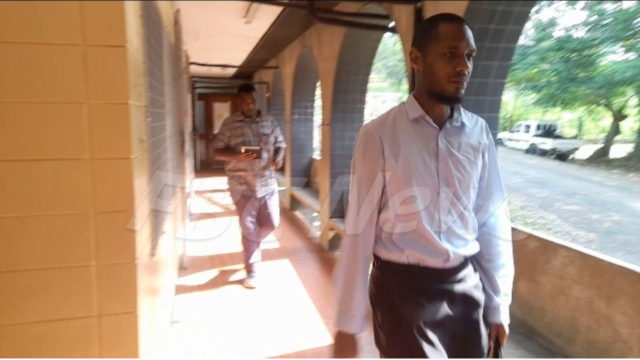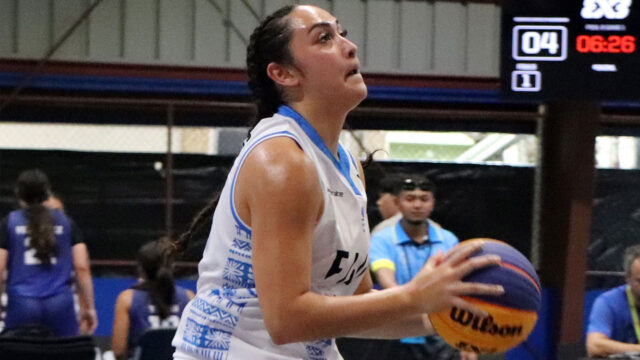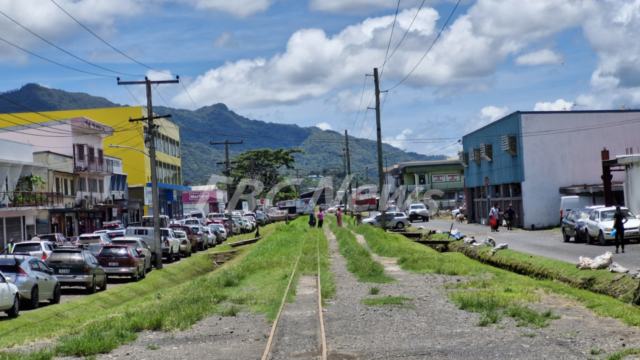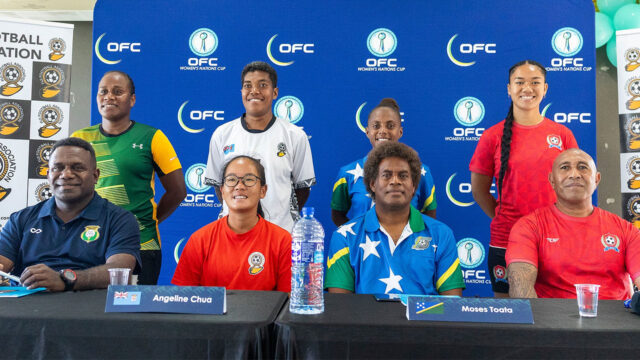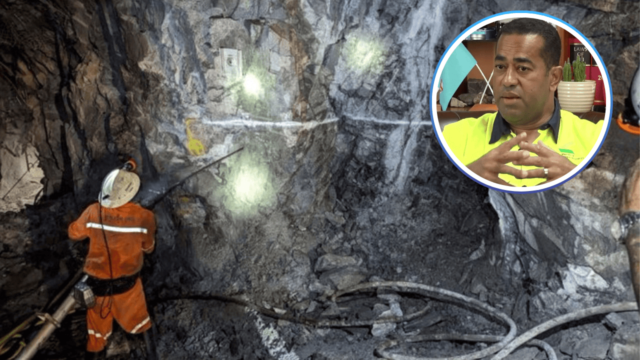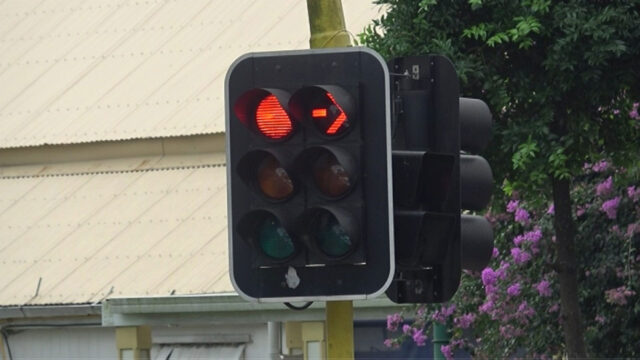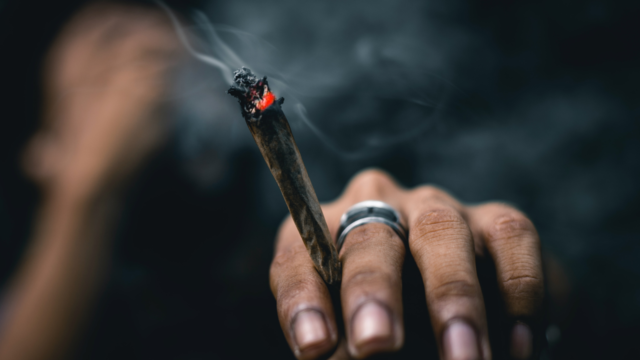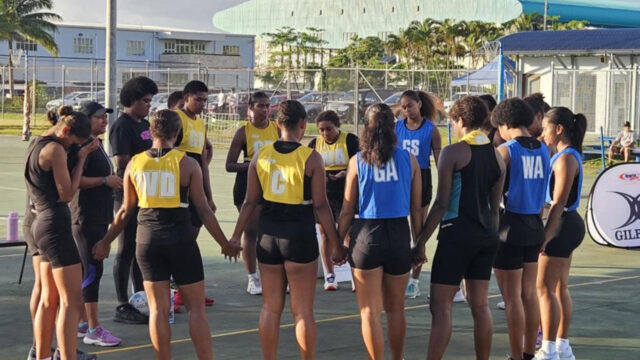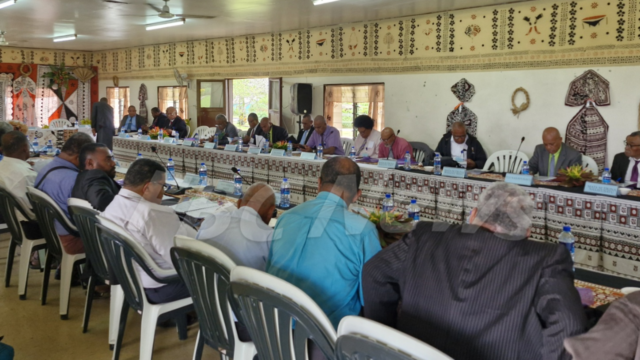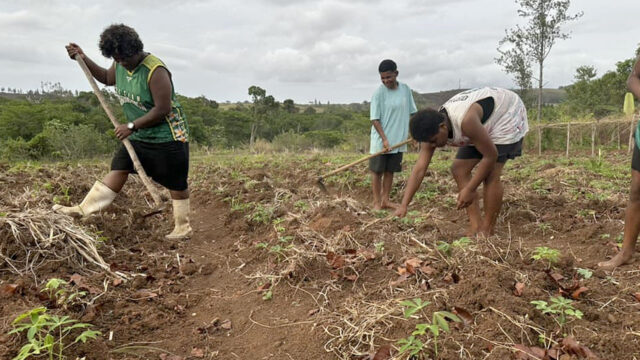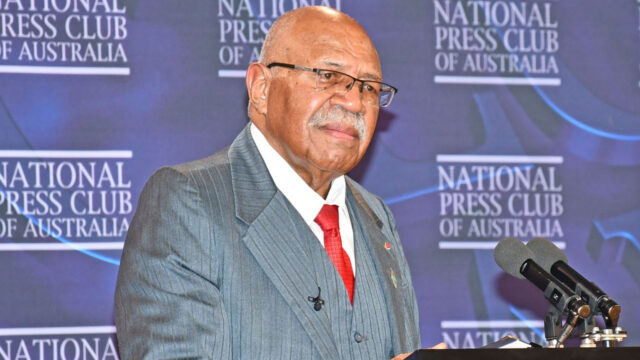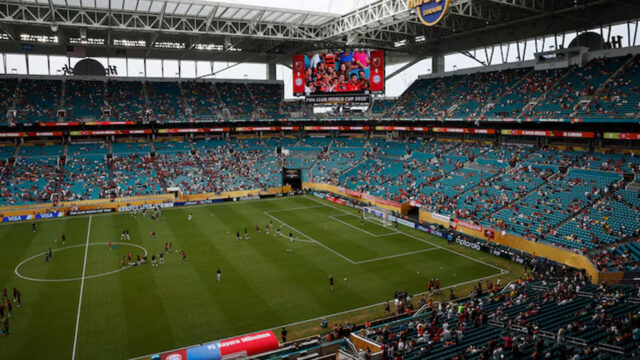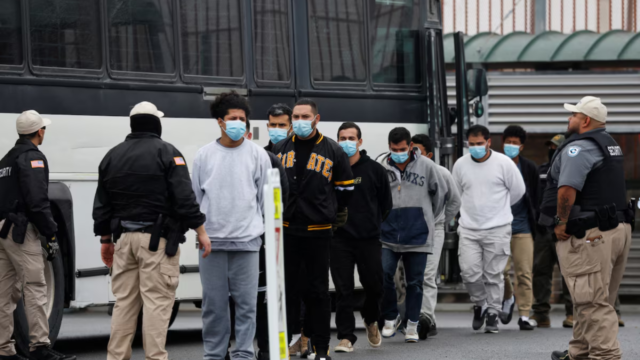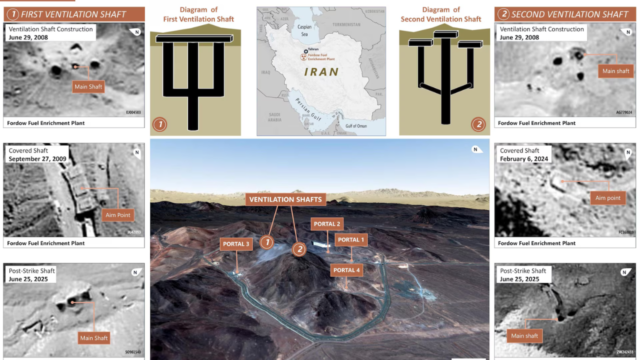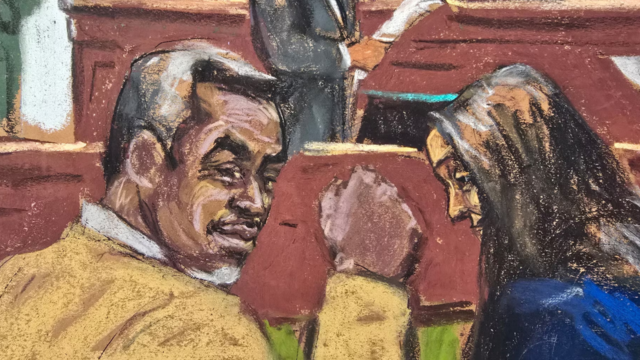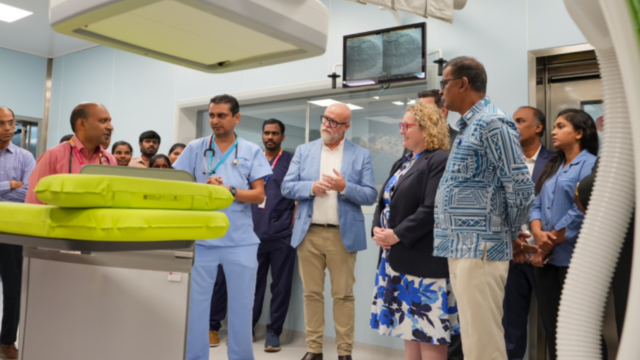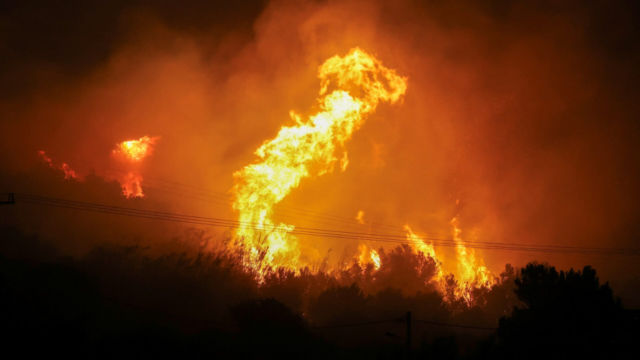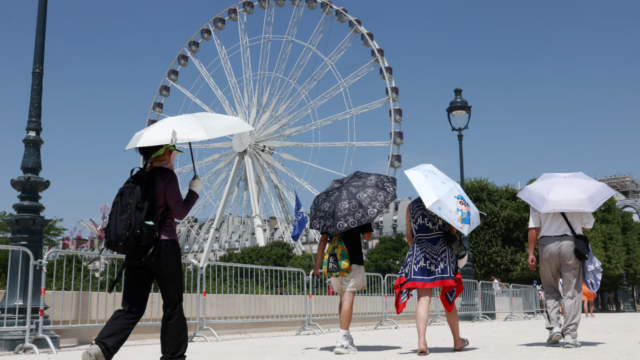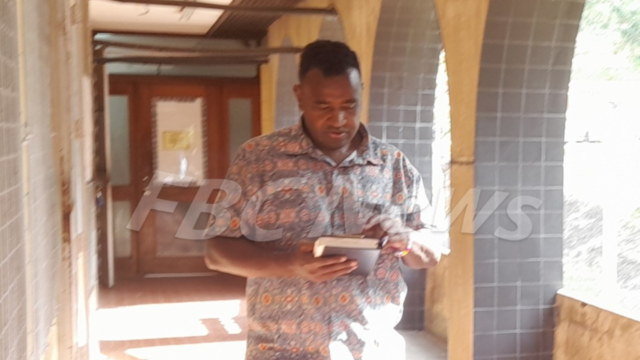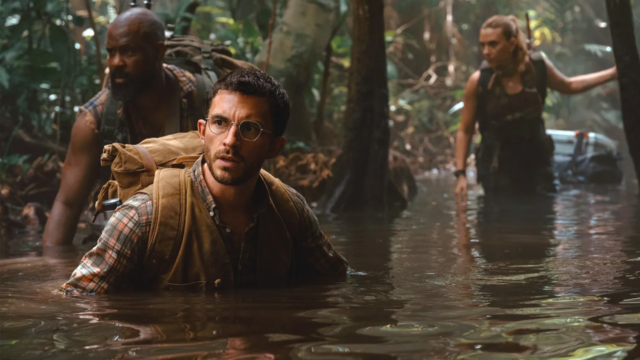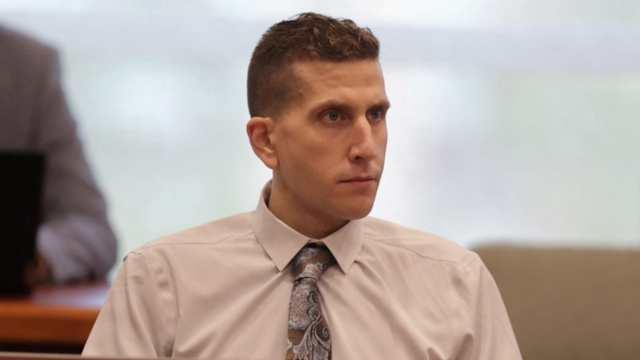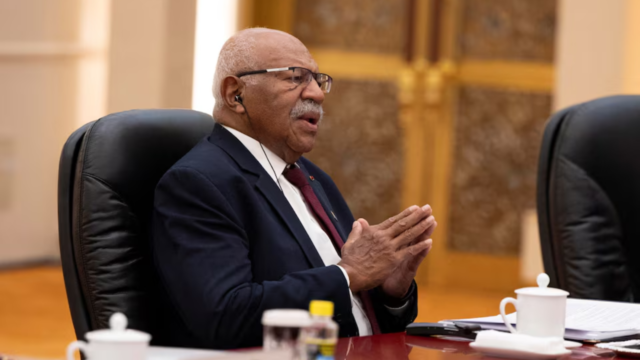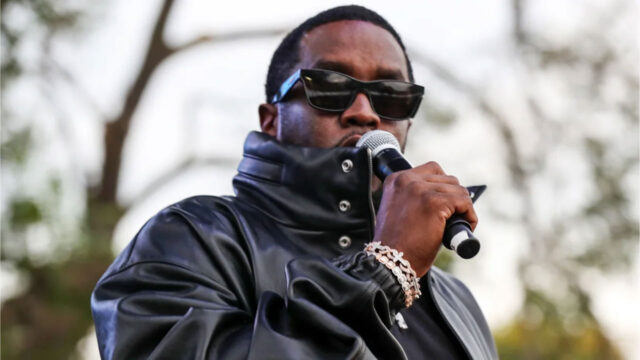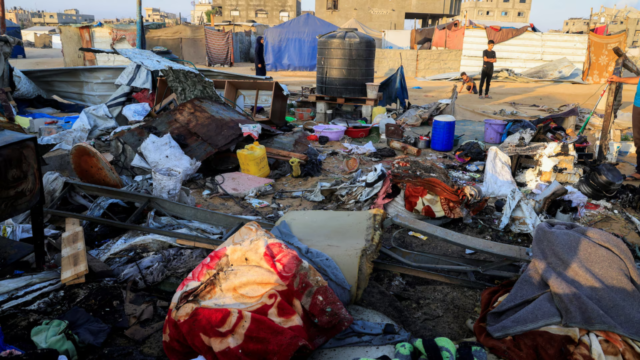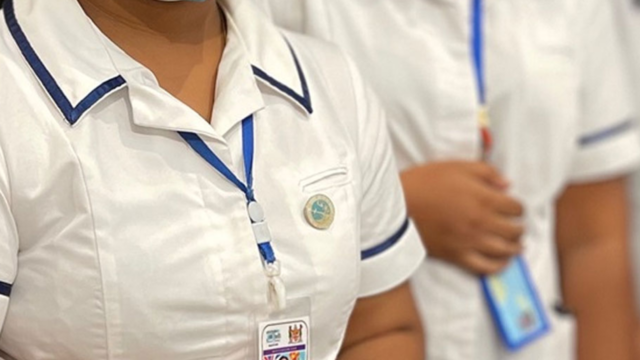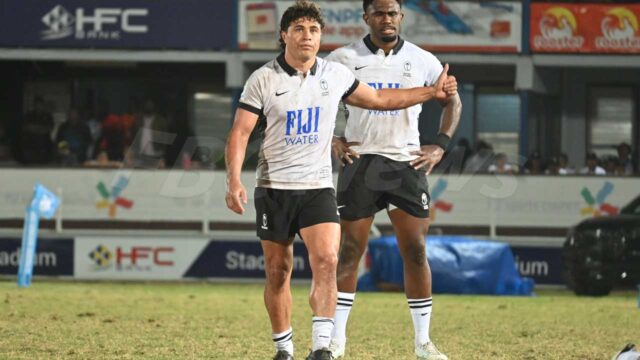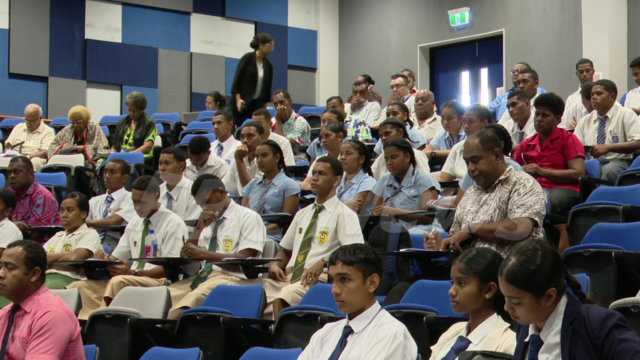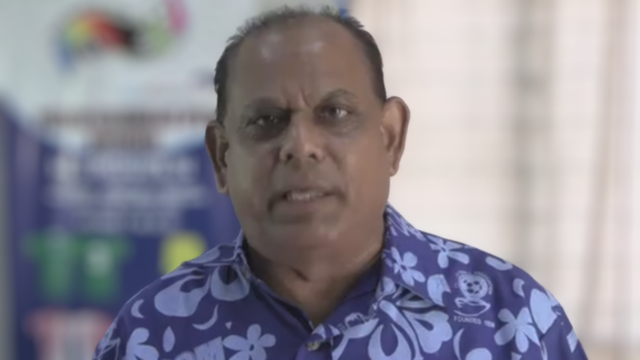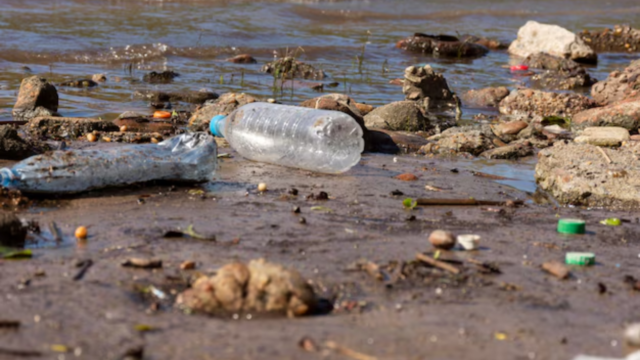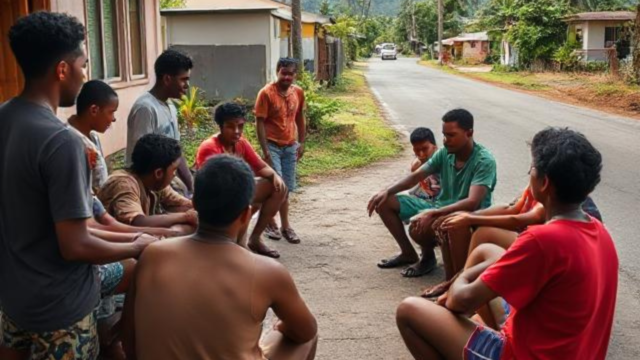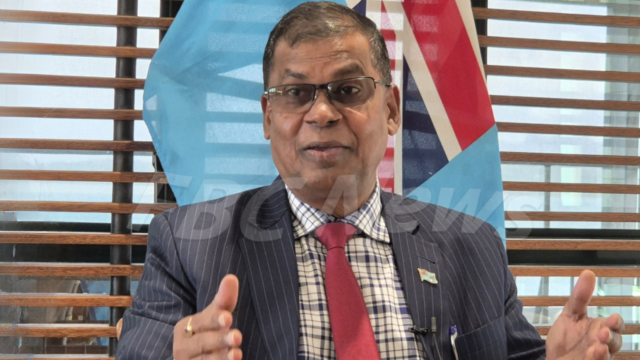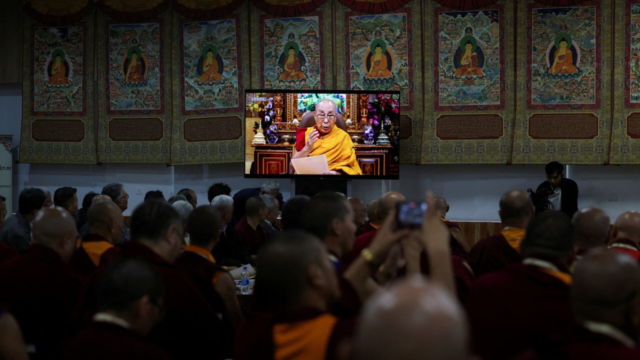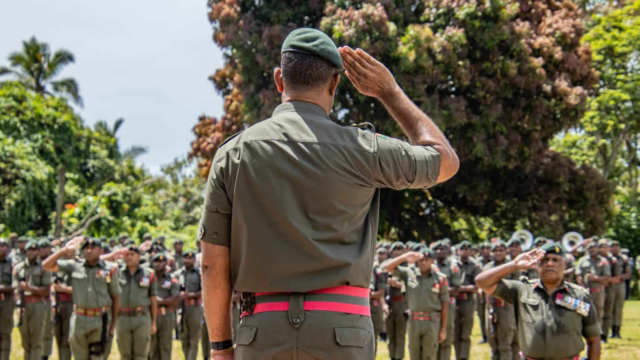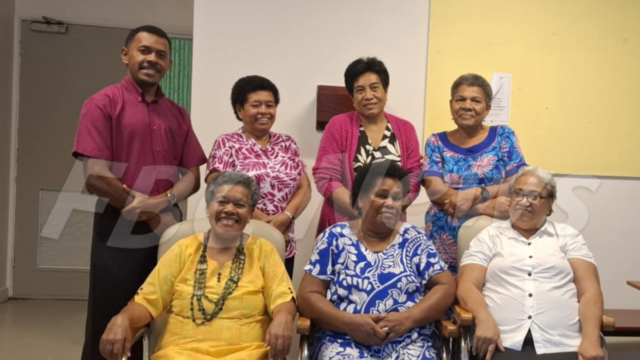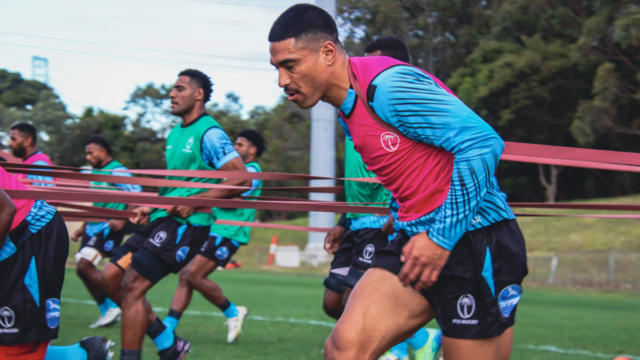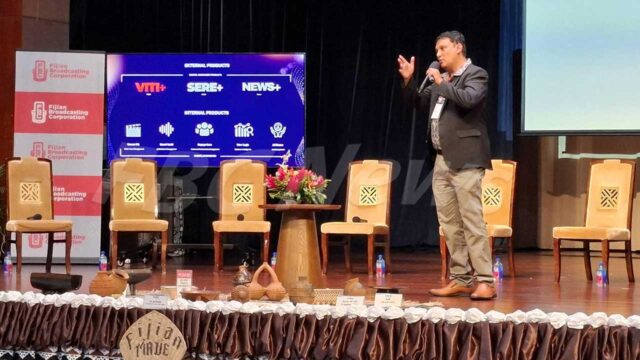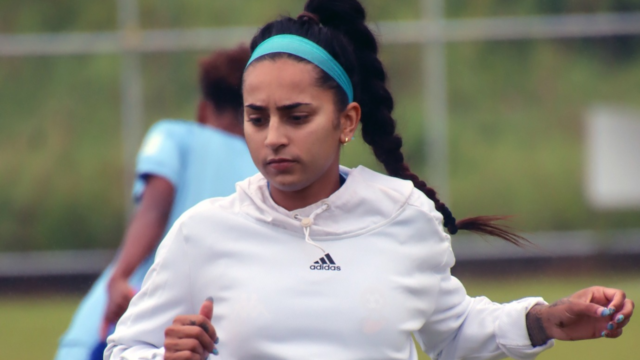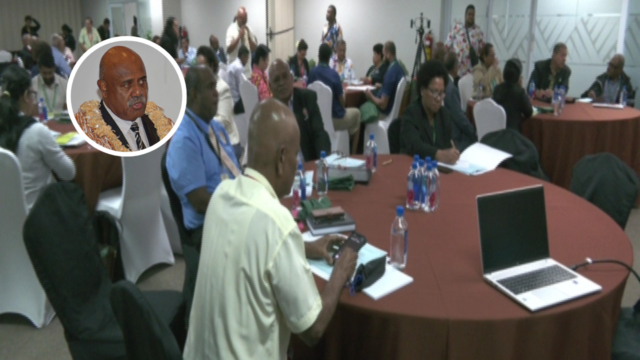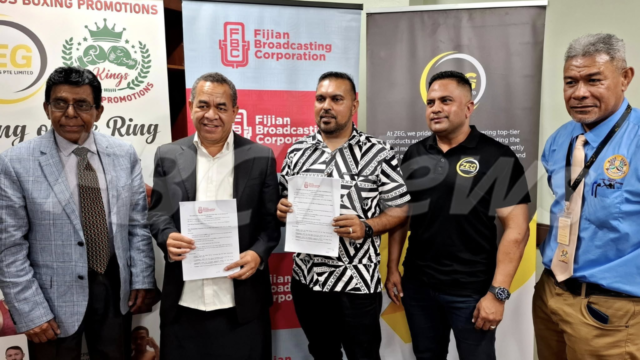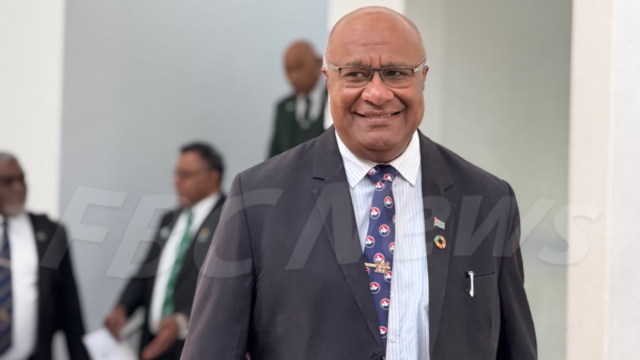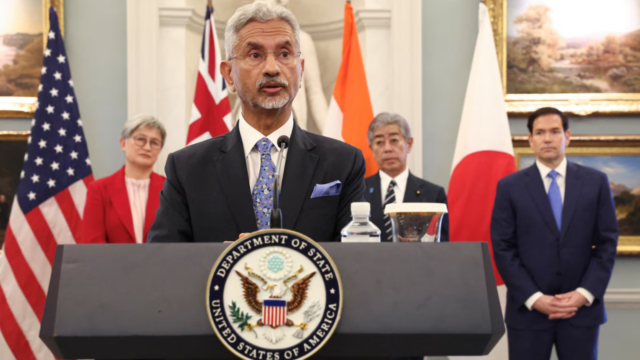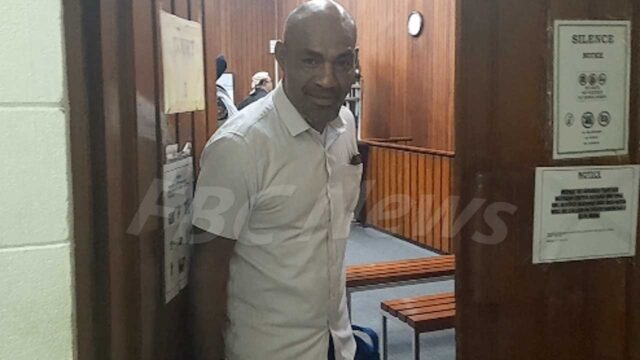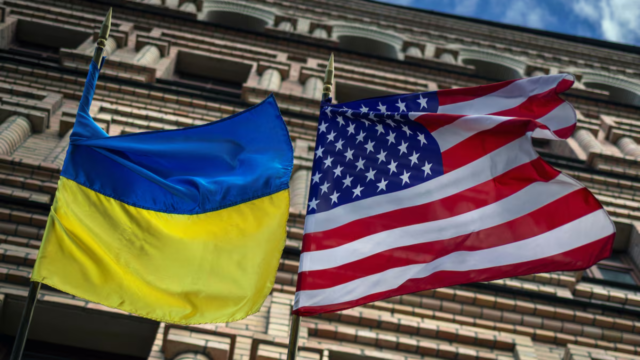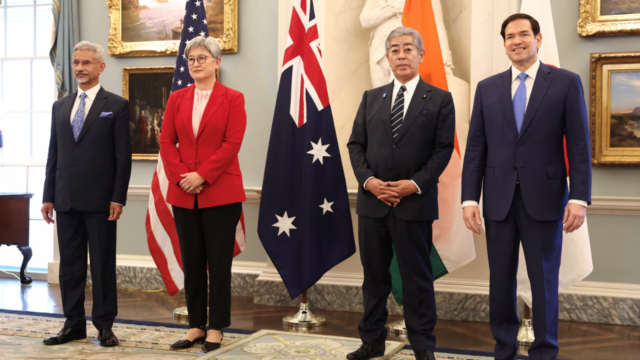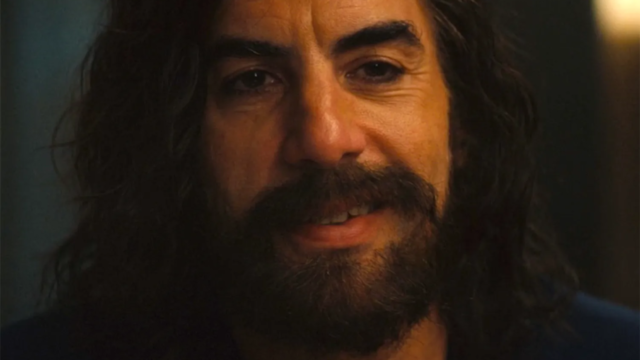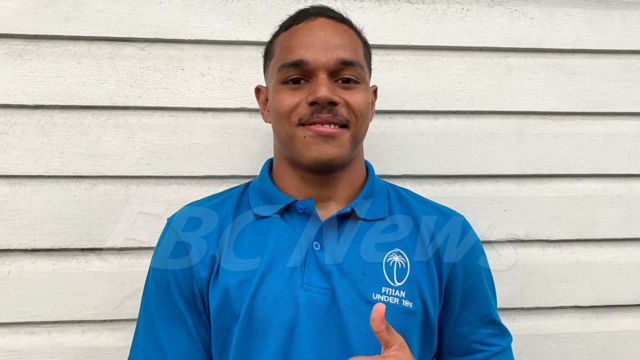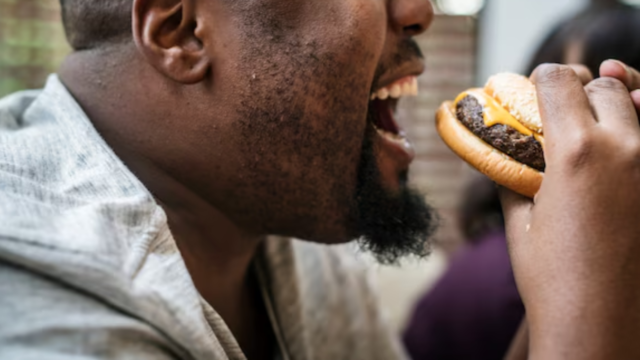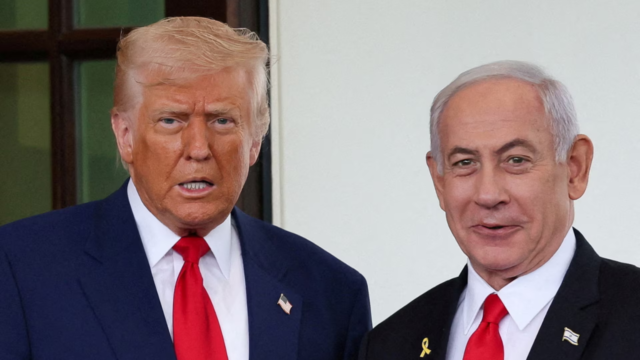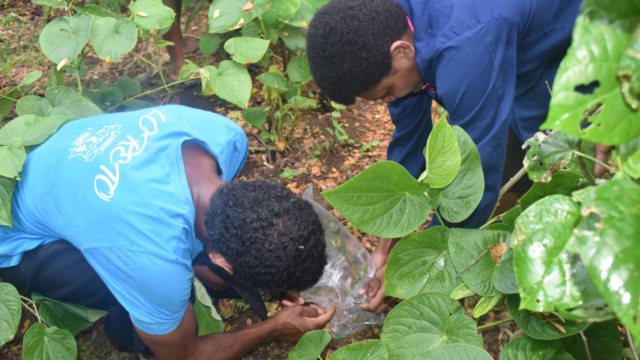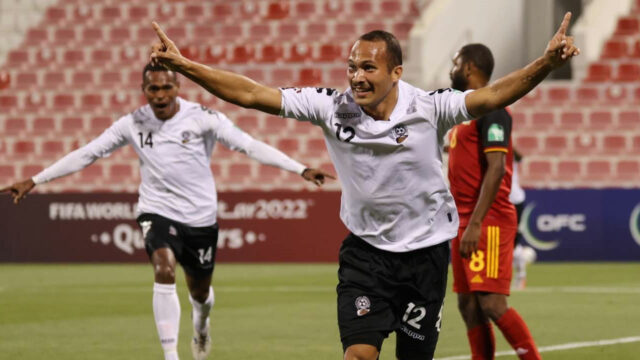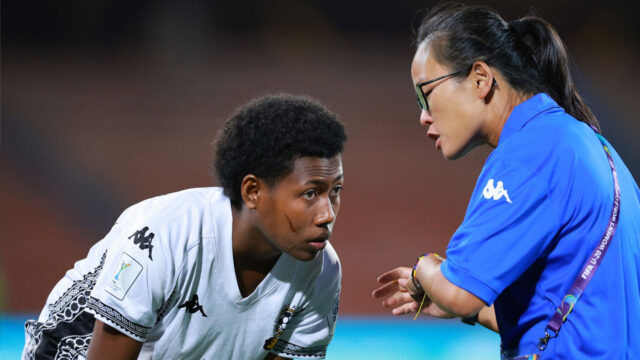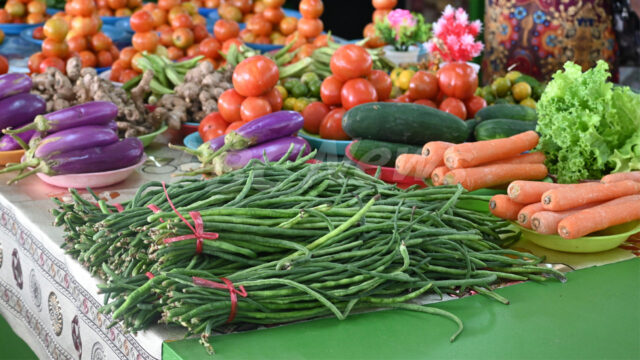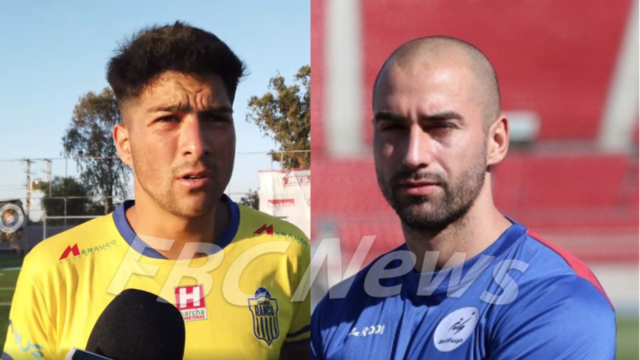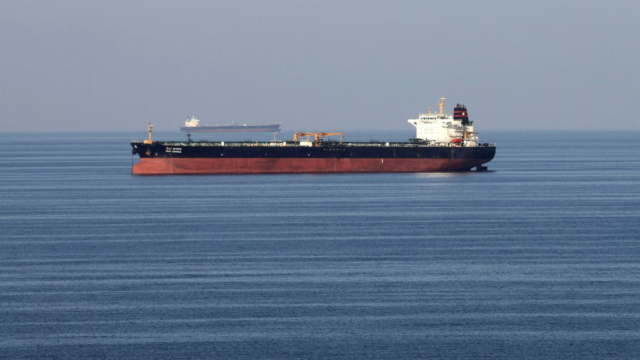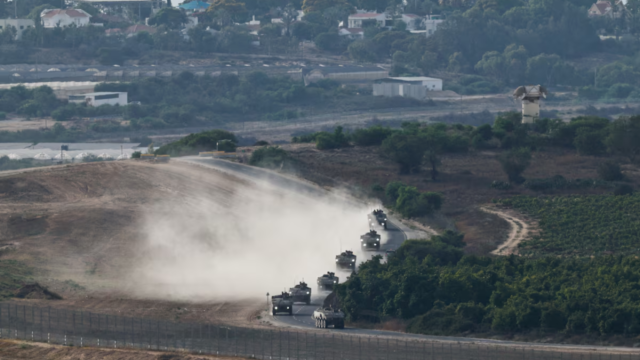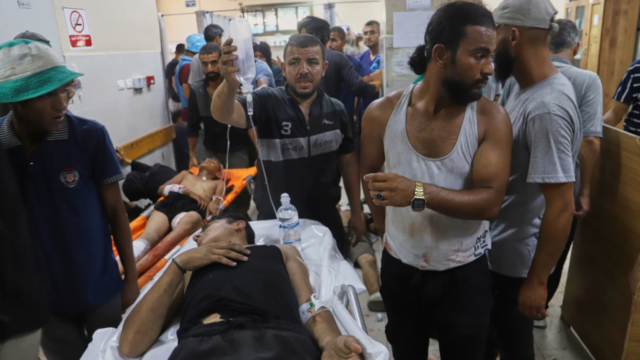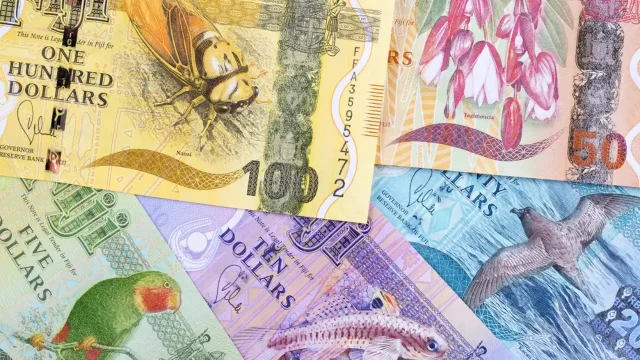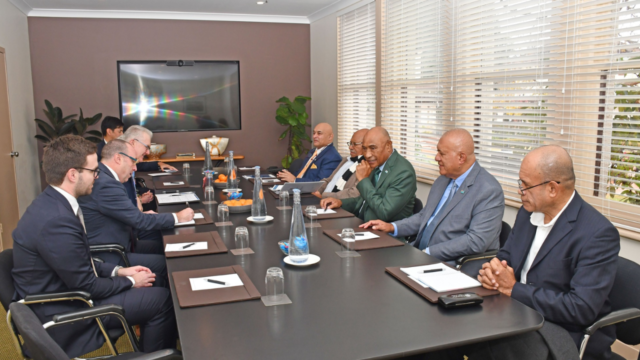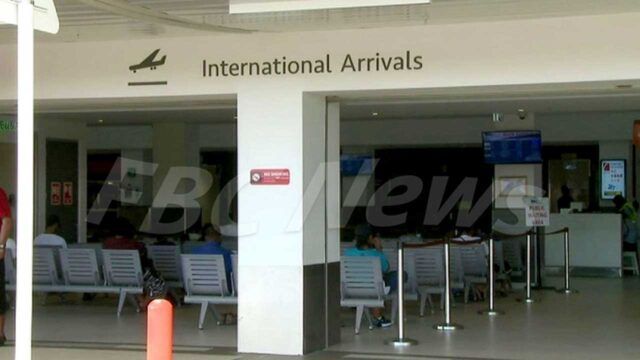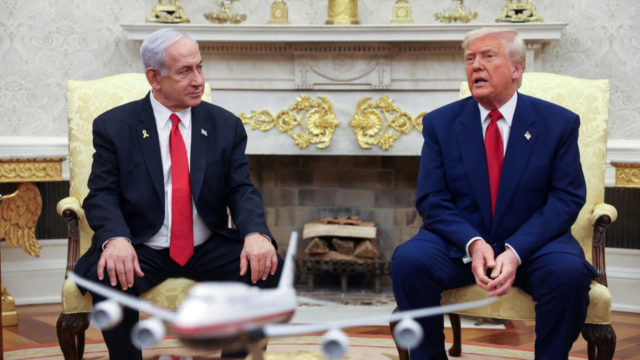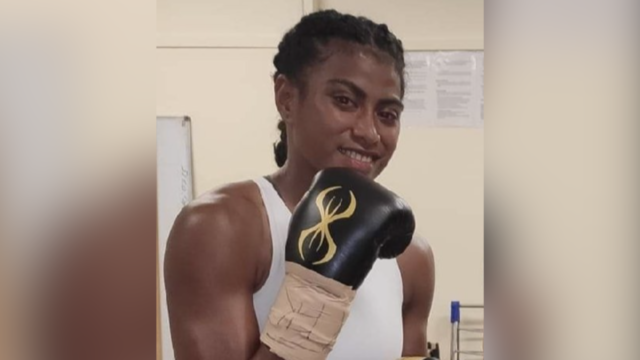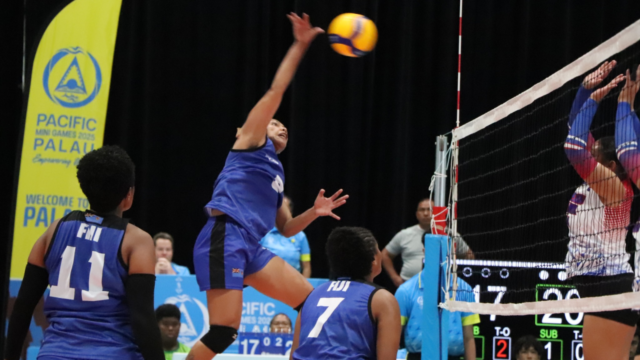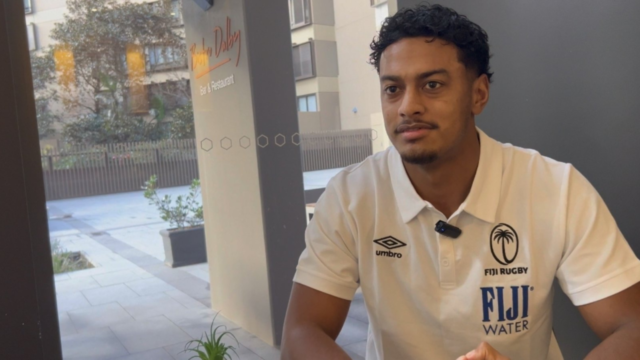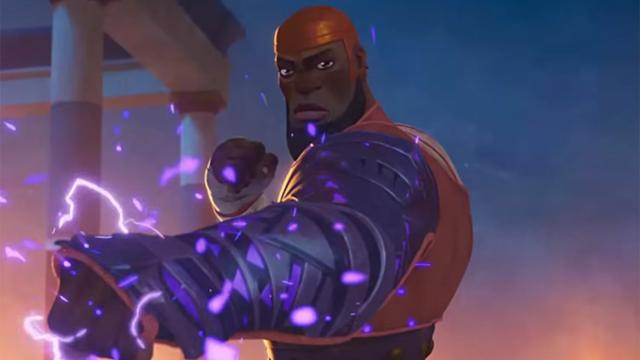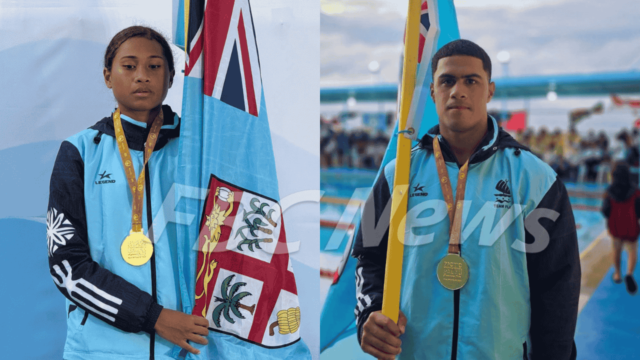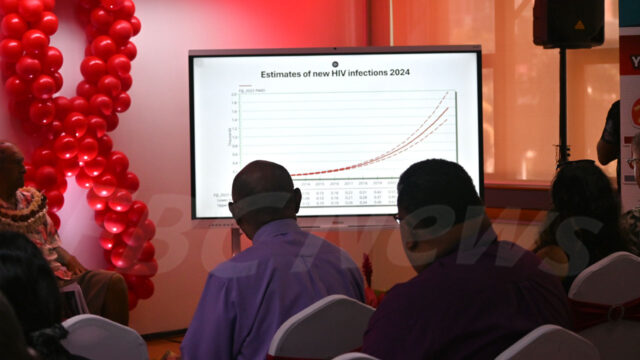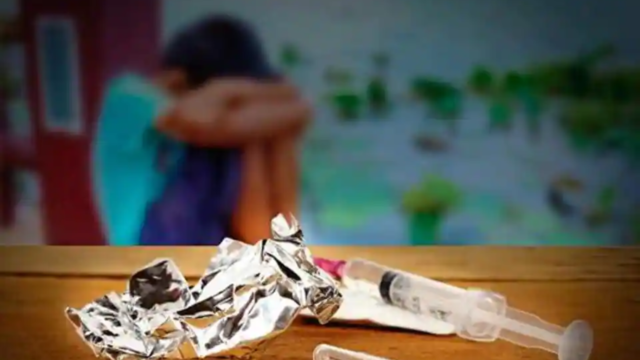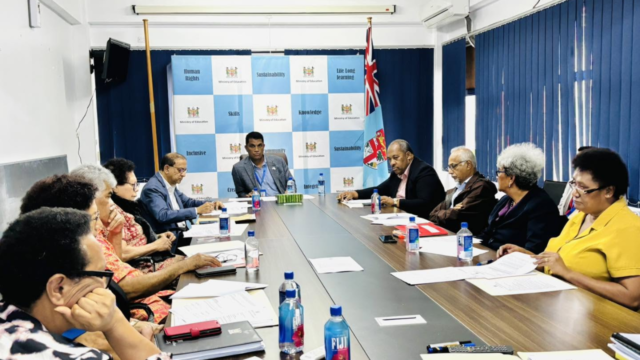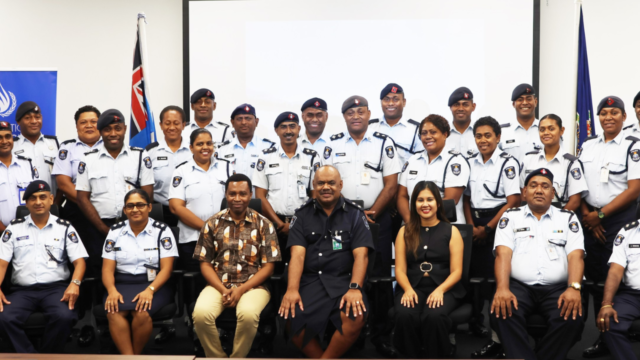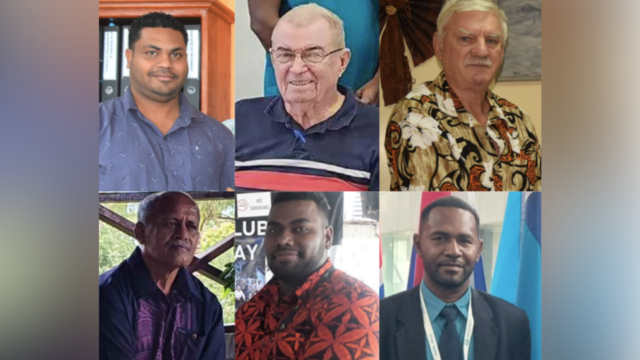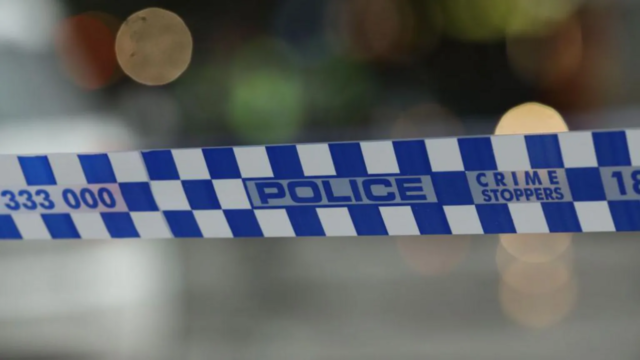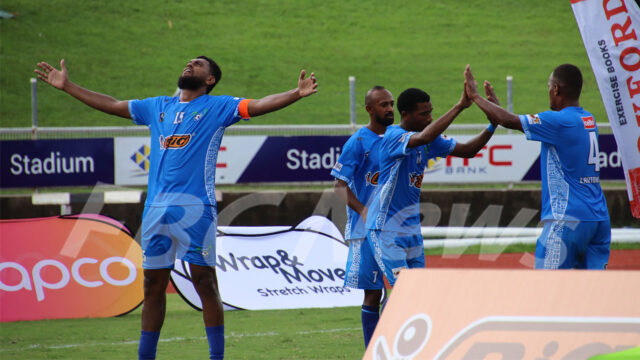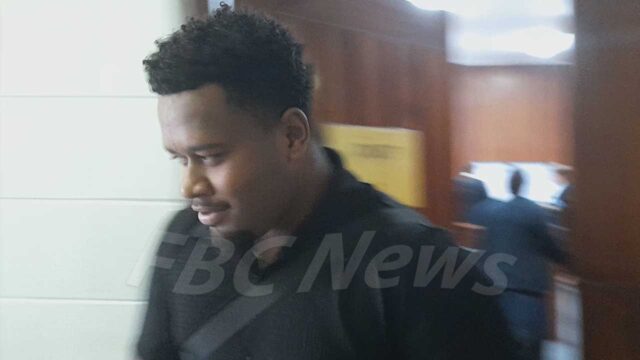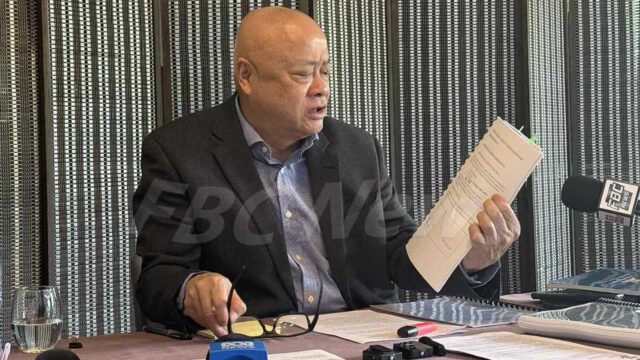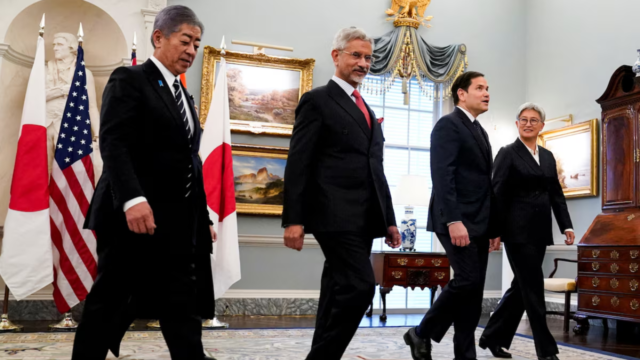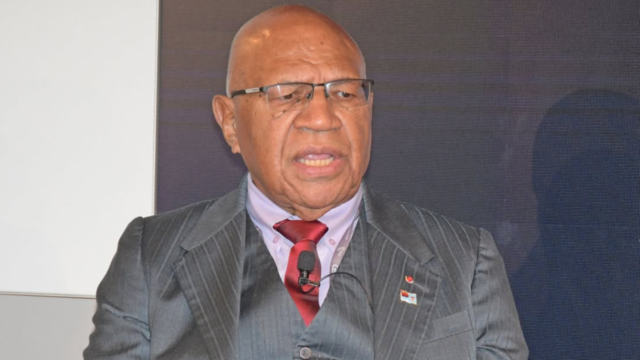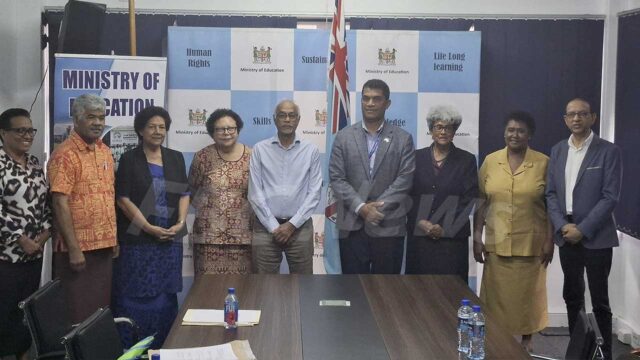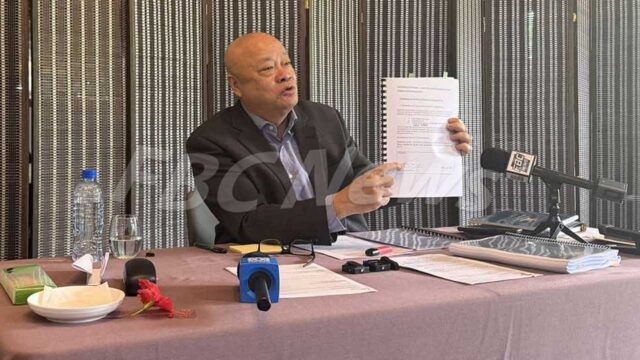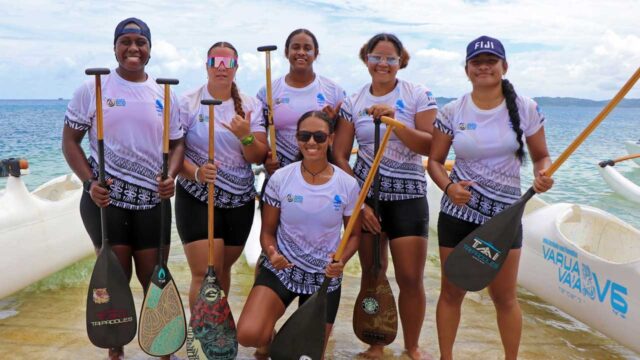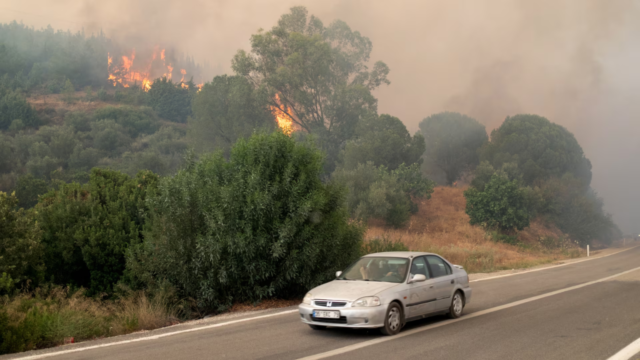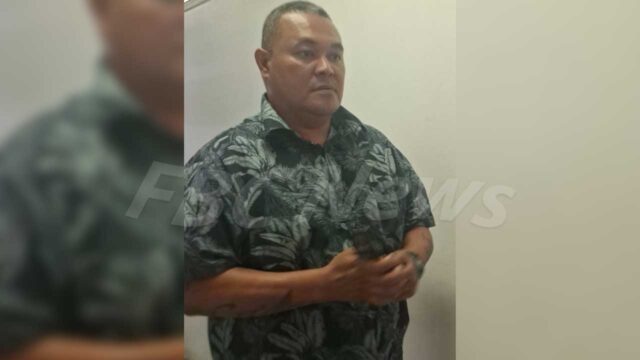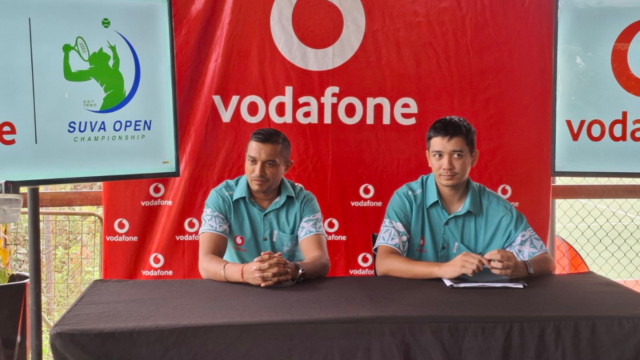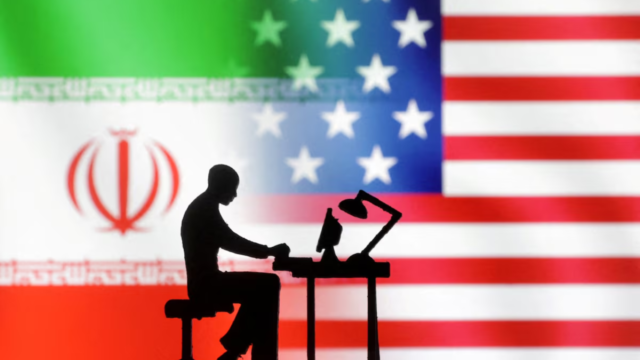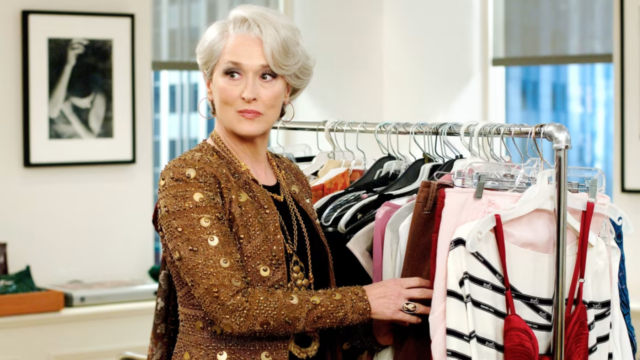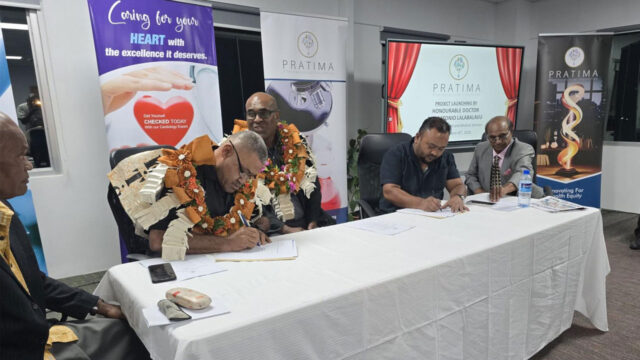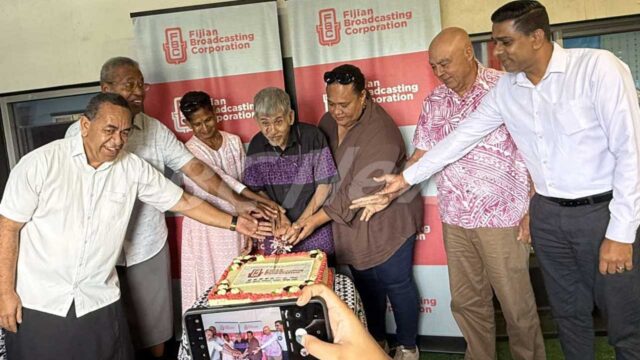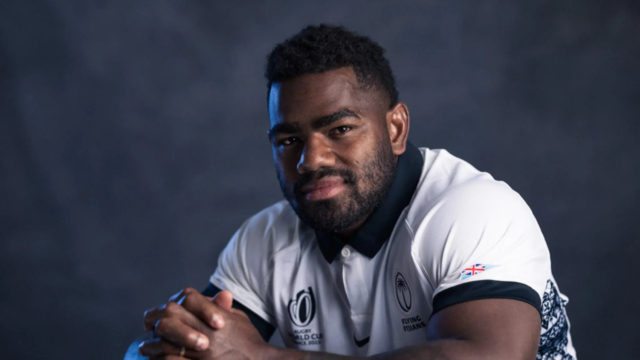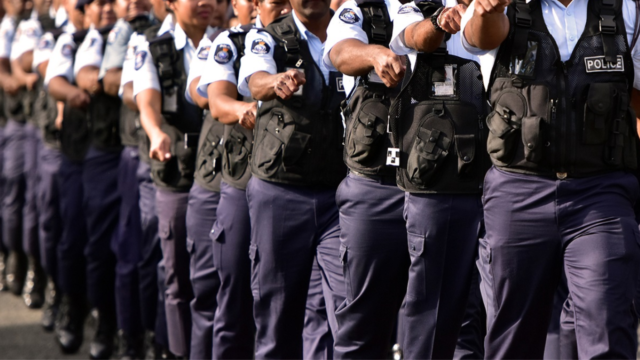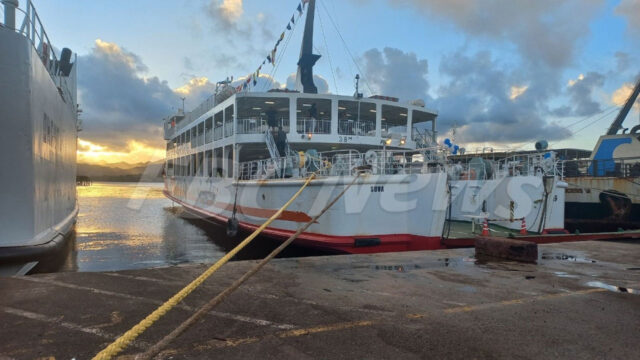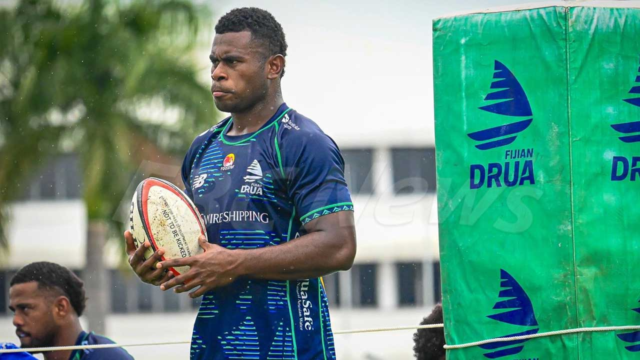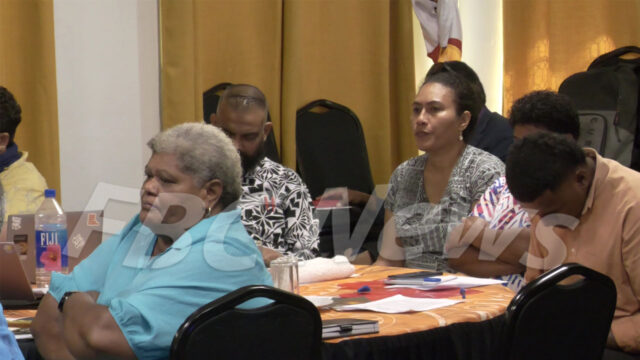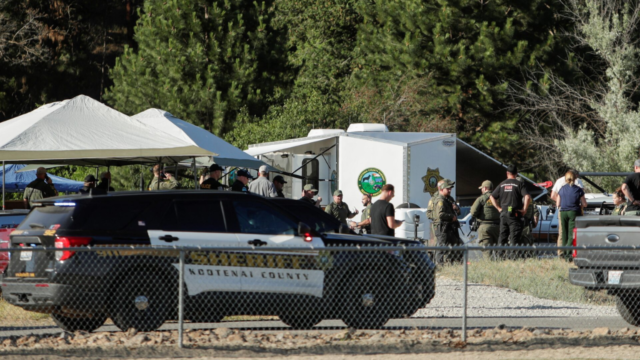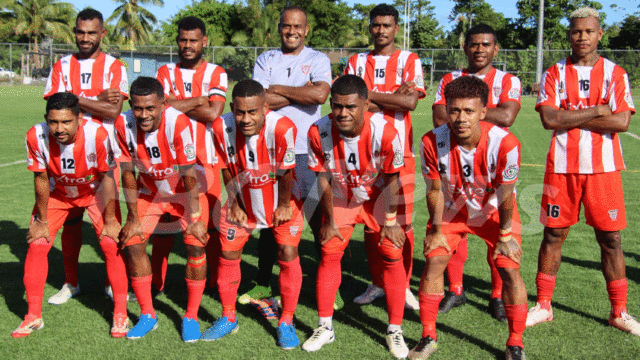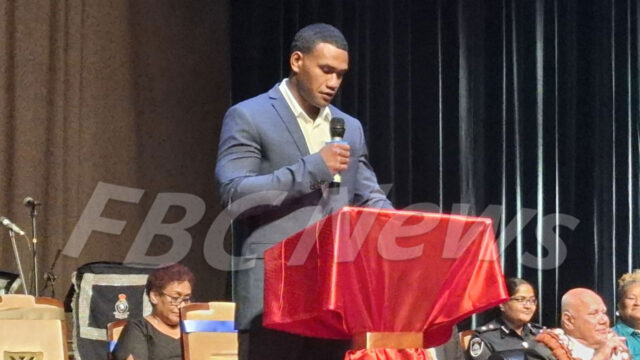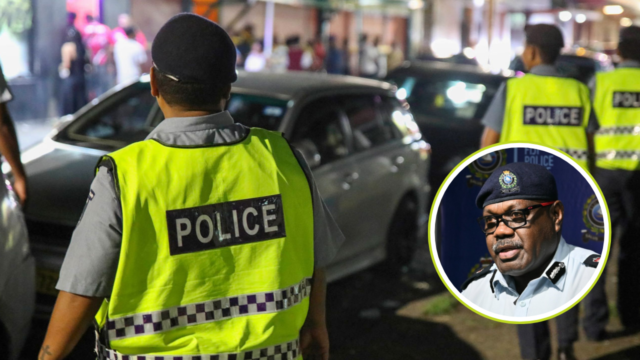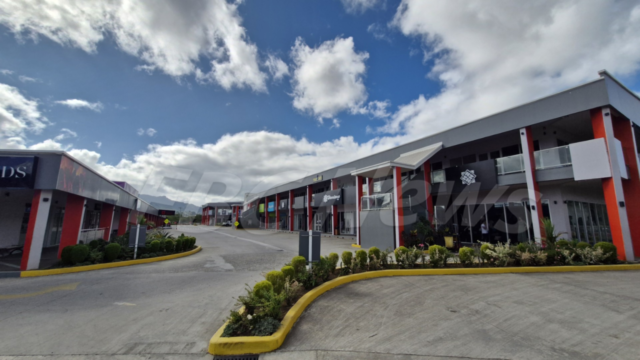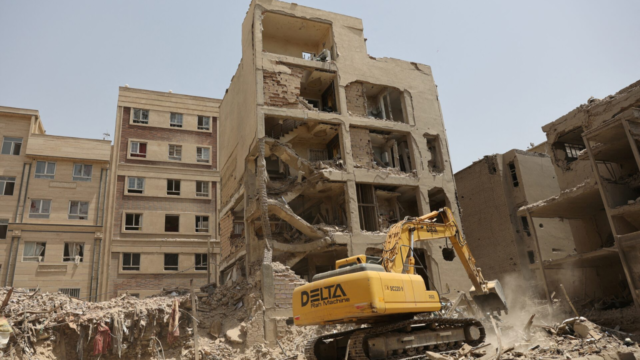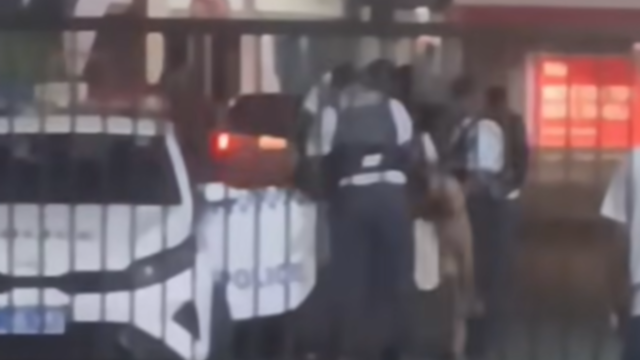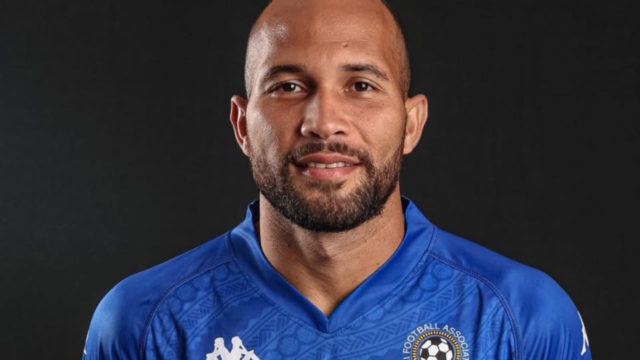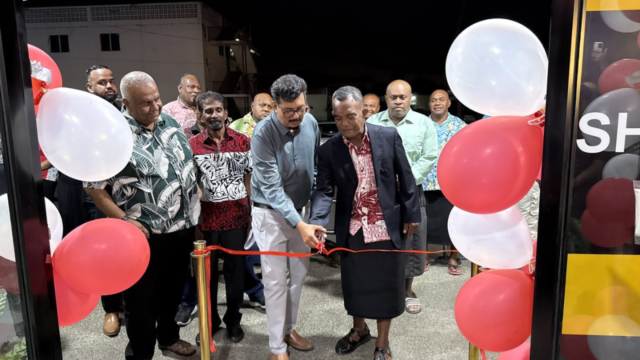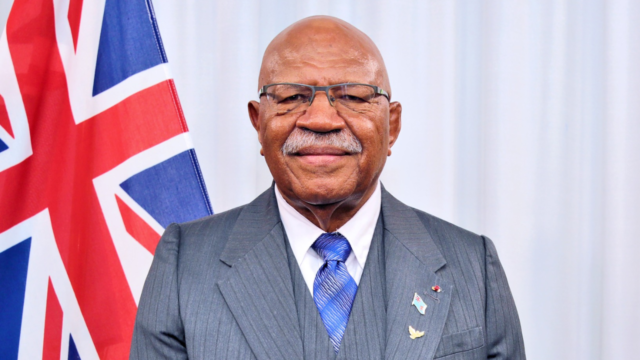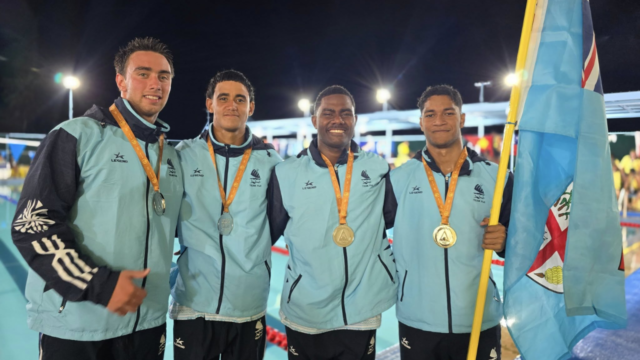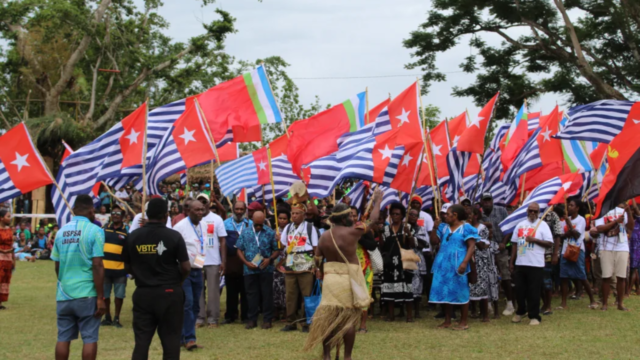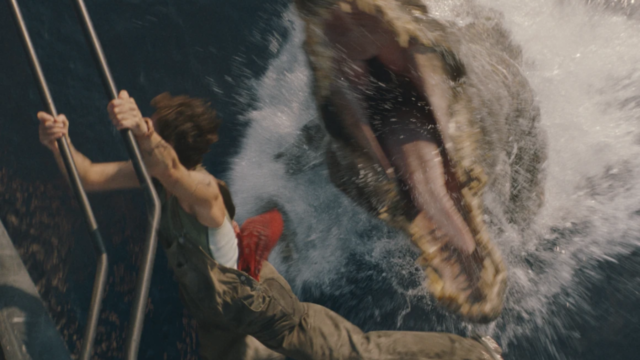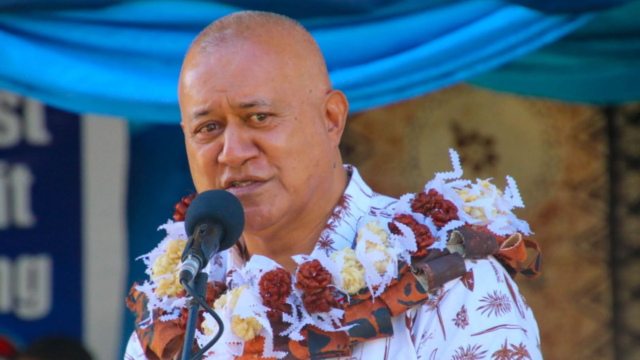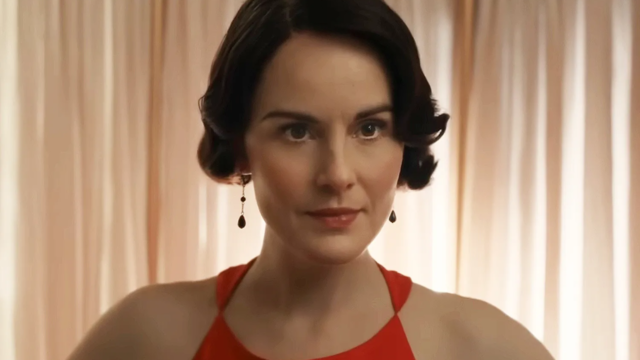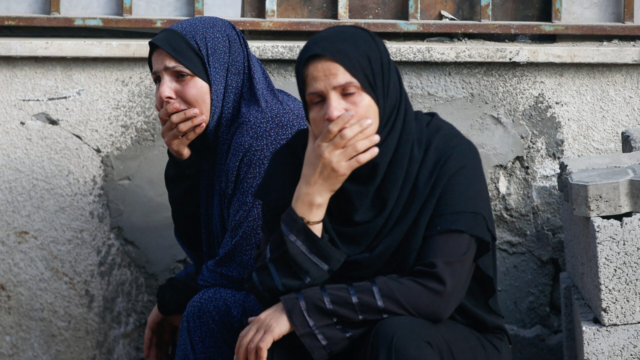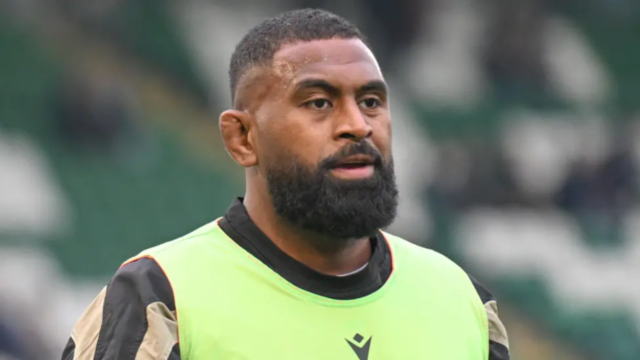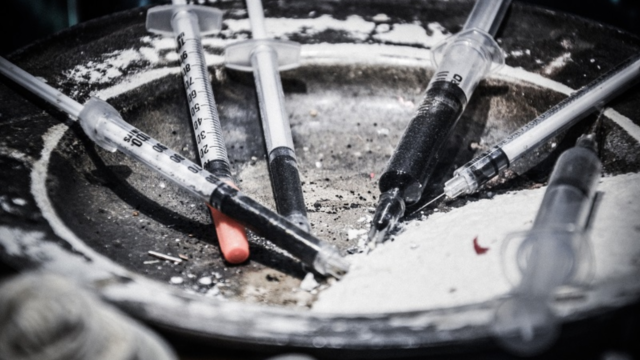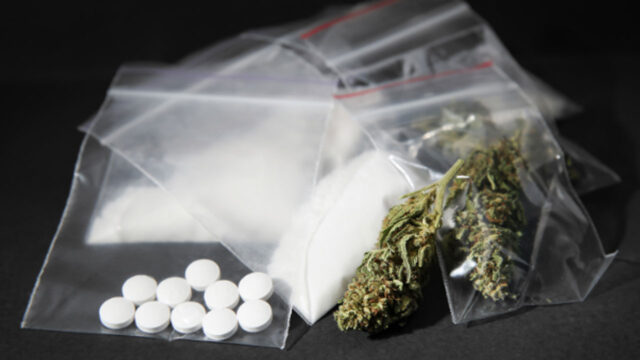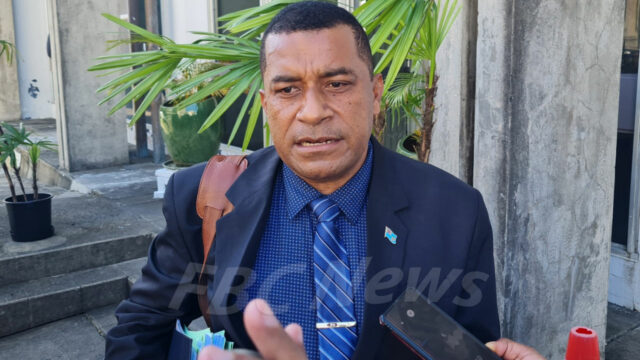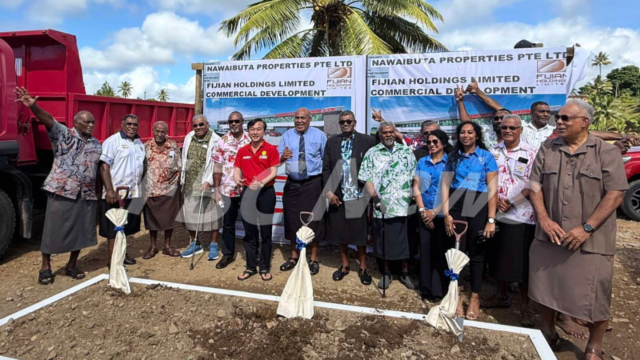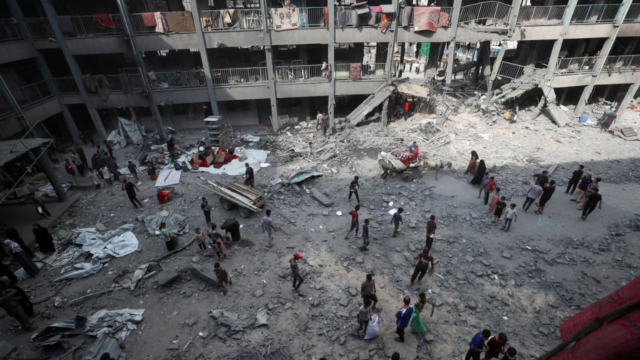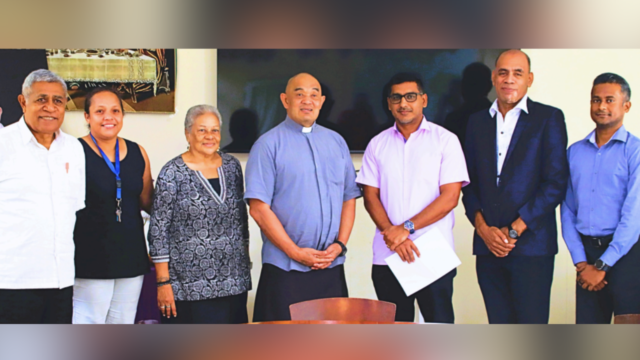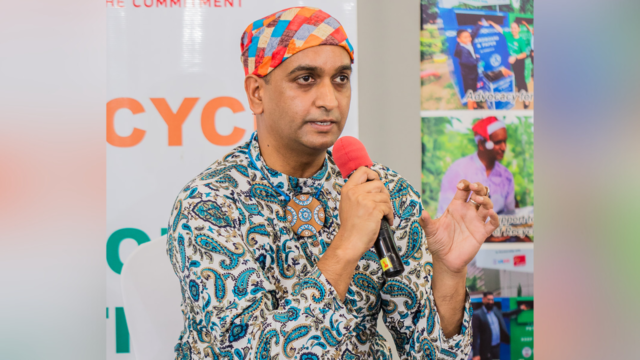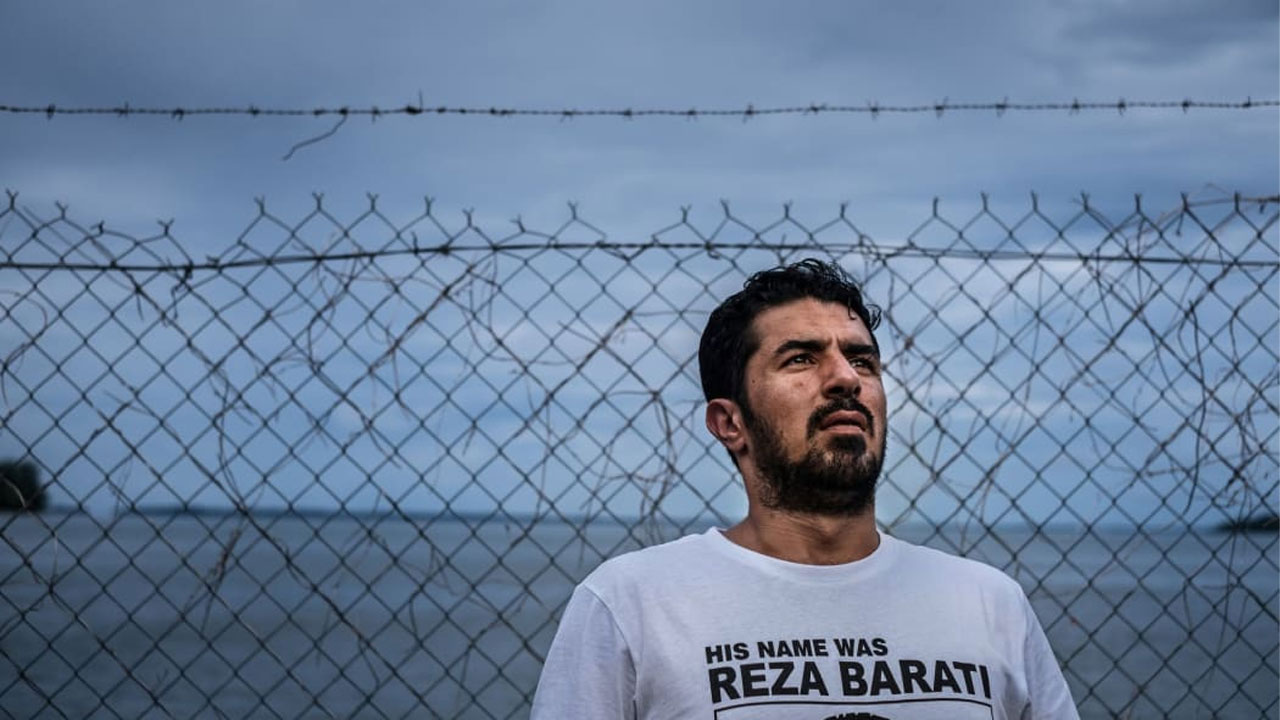
[Source: RNZ News]
The roommate of a refugee bludgeoned to death by guards and other local contractors in an Australian-run detention centre on Manus Island nine years ago, will not stop in his fight for justice.
“How could you beat a refugee who is lying on the ground?” Benham Satah, who witnessed 24-year-old Reza Barati’s murder, said.
“And you see that blood is coming out of his head, blood showering from his face.”
Satah, a Kurdish-Iranian, took on a journey from Indonesia to Australia hoping for a better life. But he ended up on Christmas Island before being “forcibly taken” from there to Manus Island, in Papua New Guinea, where he was held for six-and-a-half years.
He met Barati, who was also Kurdish-Iranian, in Indonesia. They were in the same hiding spot there.
“He was such a nice guy, like a giant person with a very beautiful heart,” Satah said.
He recounted the horror of watching the murder of his friend, Barati.
In February 2014, tension was high on Manus Island. Over the course of three days, the detention centre was stormed and there were riots.
One man’s throat was slit, and another man was shot, according to eyewitnesses.
Satah remembers seeing around 200 people injured with about 70 receiving treatment.
Guards – 15 of them – including New Zealand and Australian nationals, who were expected to keep them safe, were involved in attacking Barati before he died, Satah said.
Barati was tortured, beaten with a plank lined with nails, kicked repeatedly in the head while he was on the ground by men in boots and then a rock was dropped on his head.
The Australian government has finally recognised the suffering and misery inflicted on Barati’s family and reached a confidential settlement, according to the family’s lawyer.
“There were no findings against any of the parties involved,” Jennifer Kanis, principal lawyer and head of the social justice practice at Maurice Blackburn, said.
“However, in this case, there have been numerous inquiries and it’s pretty clear what occurred on Manus Island that evening,” Blackburn said.
But Satah is not happy that the result is being kept confidential.
He is overwhelmed at the thought that others, including Australian and New Zealand expatriates, who he saw beat Reza, remain free.
The refugees and asylum seekers that were on Manus Island at the time had fled their homes in the hope of seeking safety.
They arrived in Australian waters by boat, but instead of finding safety they were detained, many for almost a decade.
“They [Australian government] don’t care. They are the people who are supposed to care, who are supposed to make decisions. They don’t care.”
The process, he said, reflects the “horrific reality of Australian racism”.
While Australia struck a deal with the PNG government to wipe its hands clean of the remaining refugees, around 70, including those who were injured in the 2014 riots, have been moved to Port Moresby.
One man is so traumatised he stays in his room and is not fit to go through the resettlement process despite Satah’s efforts to help from France, where he has found freedom.
When it comes to New Zealand, Satah holds no hate.
He simply wishes for the government to find the New Zealanders involved in the murder and hold them accountable.
“Bring these people to the court and ask them if you’re a New Zealander, how did you contribute to a murder that Australia wanted you to do?”
Two PNG men were sentenced but Refugee Action Coalition’s Ian Rintoul has labelled them as scapegoats.
Rintoul said there is a “lack of political will” to follow up the allegations made against the other guards.
Satah said while no amount of money will ever bring his best friend back, heal the mental distress inflicted on the other refugees and asylum seekers held on Manus, or solve the physical issues, compensation is needed.
He will not allow the world to forget the refugees who continue to suffer from the harm inflicted at Australian-run detention centres, he said.
Barati’s grieving mother, in Iran’s Kurdistan region, is glad to see the back of a case against the Australian government and security firm G4S, nine years after her son’s murder.
“The parties have settled those claims on confidential terms,” Jennifer Kanis said.
“For the mental harm that they suffered as a result of their son’s murder.”
The confidential settlement was reached instead of taking the case to the Supreme Court in Victoria.
Kanis is pleased Barati’s family have “won a measure of justice”.
She said his parents say they still feel the pain of their son’s death and his absence daily.
“Their son came to Australia seeking safety. And he was then murdered in a detention centre where he should have been safe.
“They know that nothing will bring their son back or lessen the pain of his loss.
“They’re satisfied that they have fought for some justice for their son and are relieved that they can now try and move on with their lives,” Kanis said.
Rintoul said the settlement was a small step forward but would never heal the gaping hole left after Barati’s murder.
He said it brought a little bit of closure and a little bit of recognition for all the suffering and misery.
“We’re continuing to campaign in Australia for the Australian government to bring all those people in Papua New Guinea to Australia where they should have been allowed to stay,” Rintoul said.
RNZ Pacific contacted both the New Zealand and Australian governments for comment.
New Zealand’s Foreign Affairs Ministry has sent the request to the Official Information Act request department to deal with.
A spokesperson for Australia’s Home Affairs Department said: “The Department does not comment on the details of confidential legal settlements.”
Stream the best of Fiji on VITI+. Anytime. Anywhere.


 Radio New Zealand
Radio New Zealand
